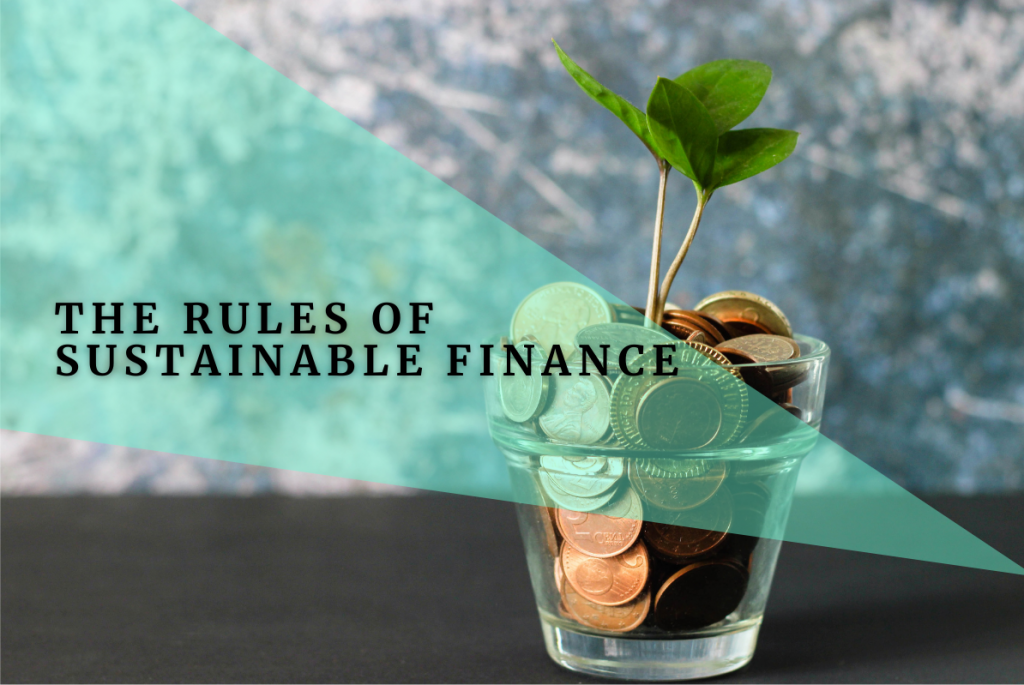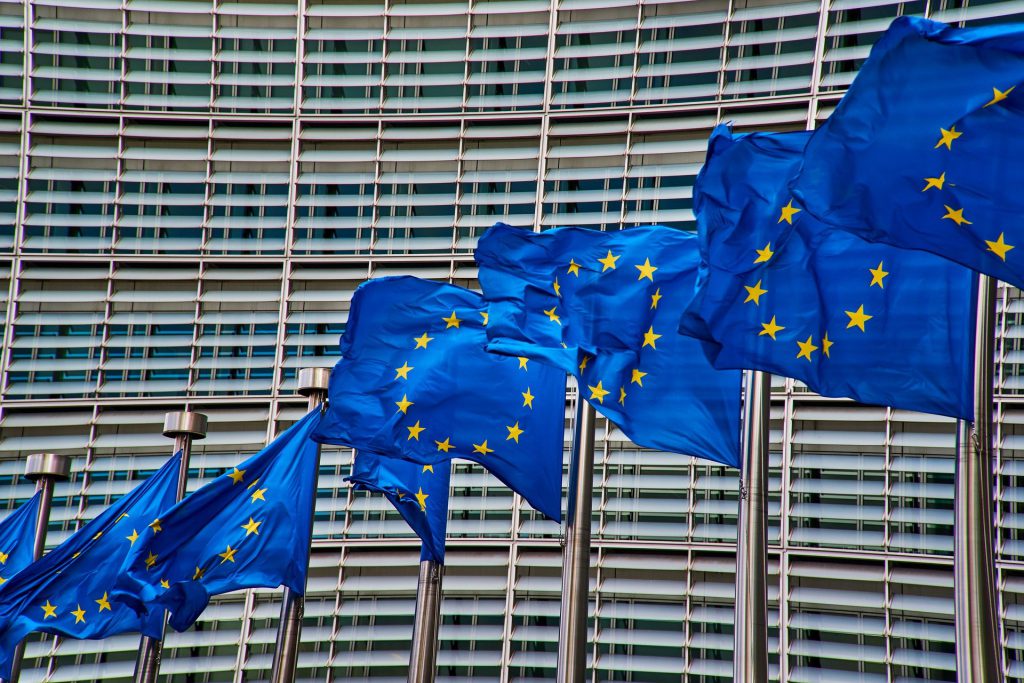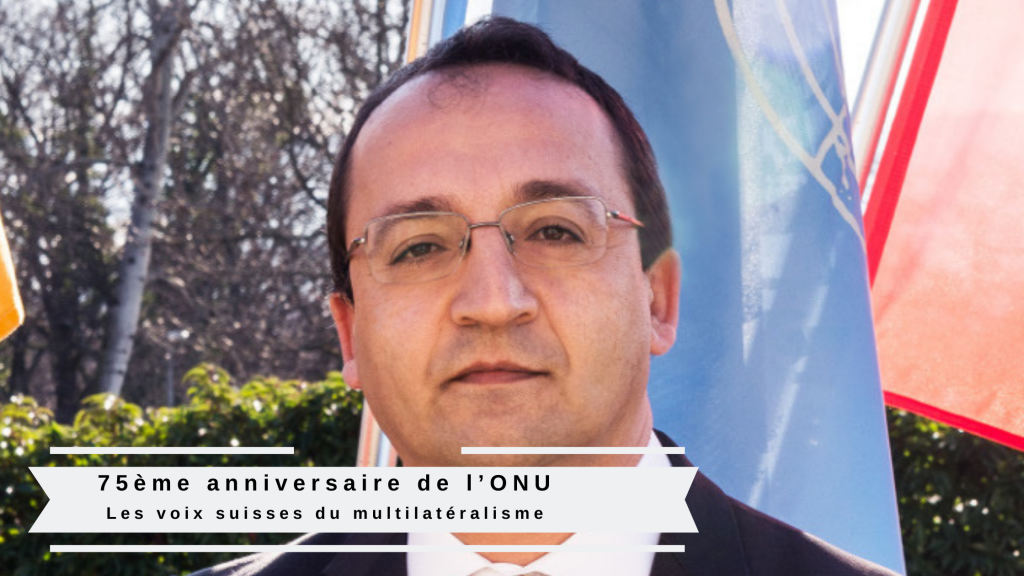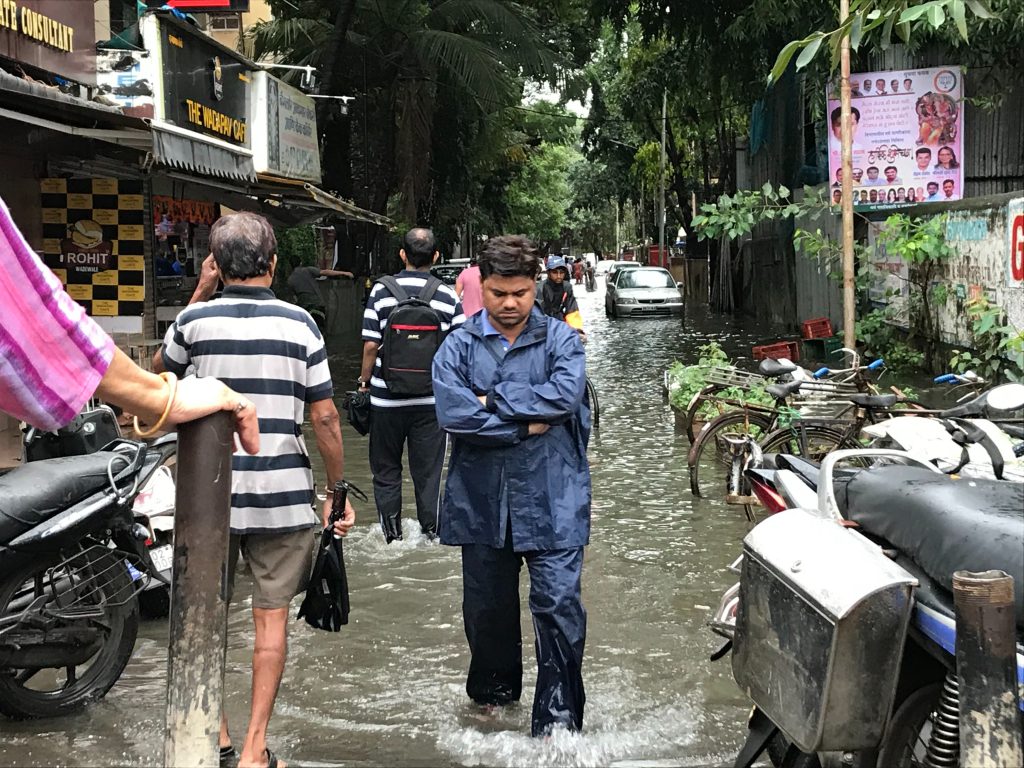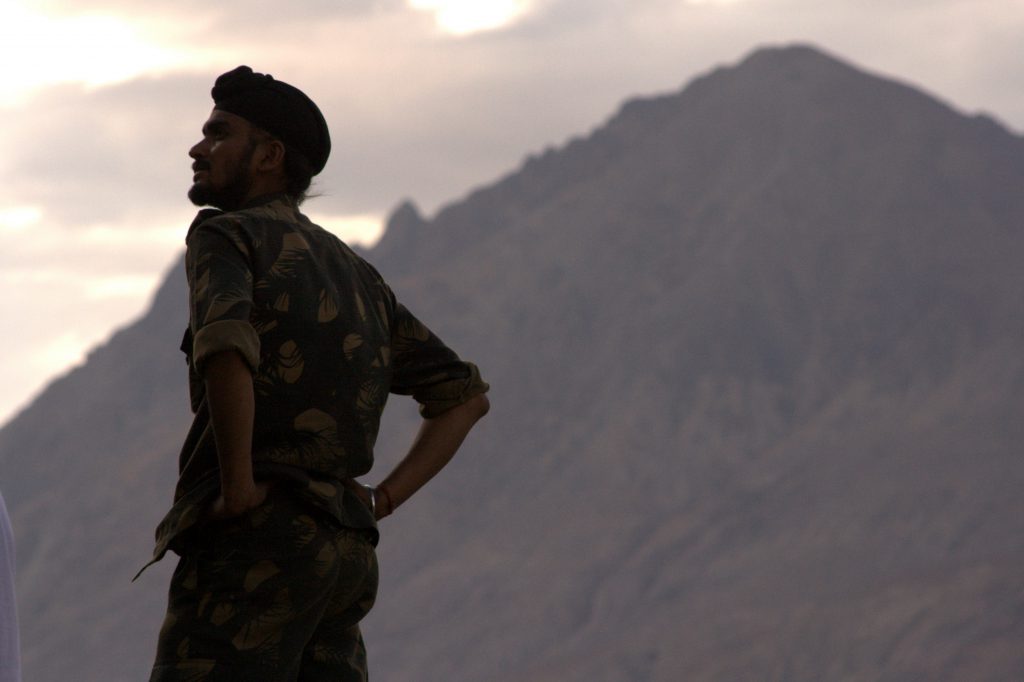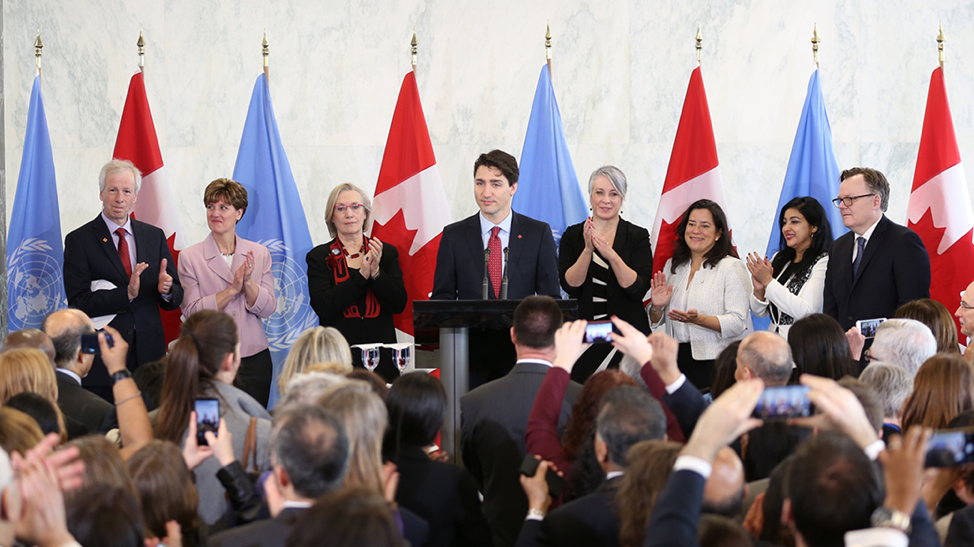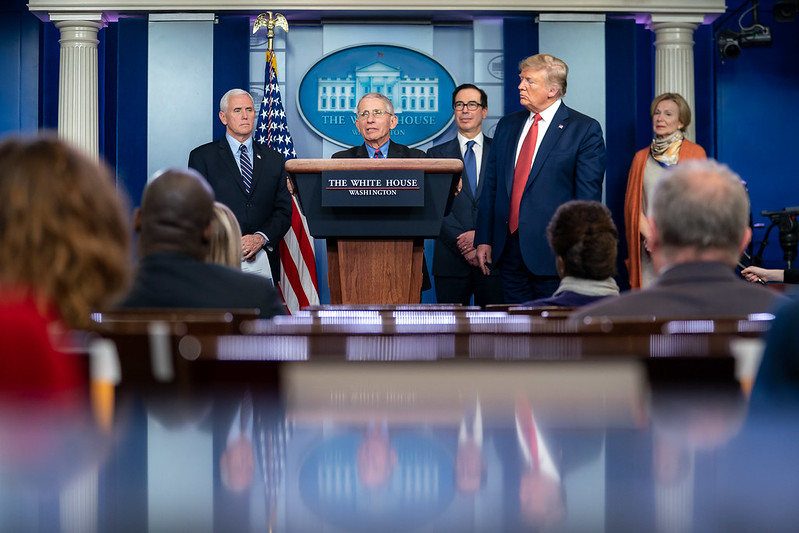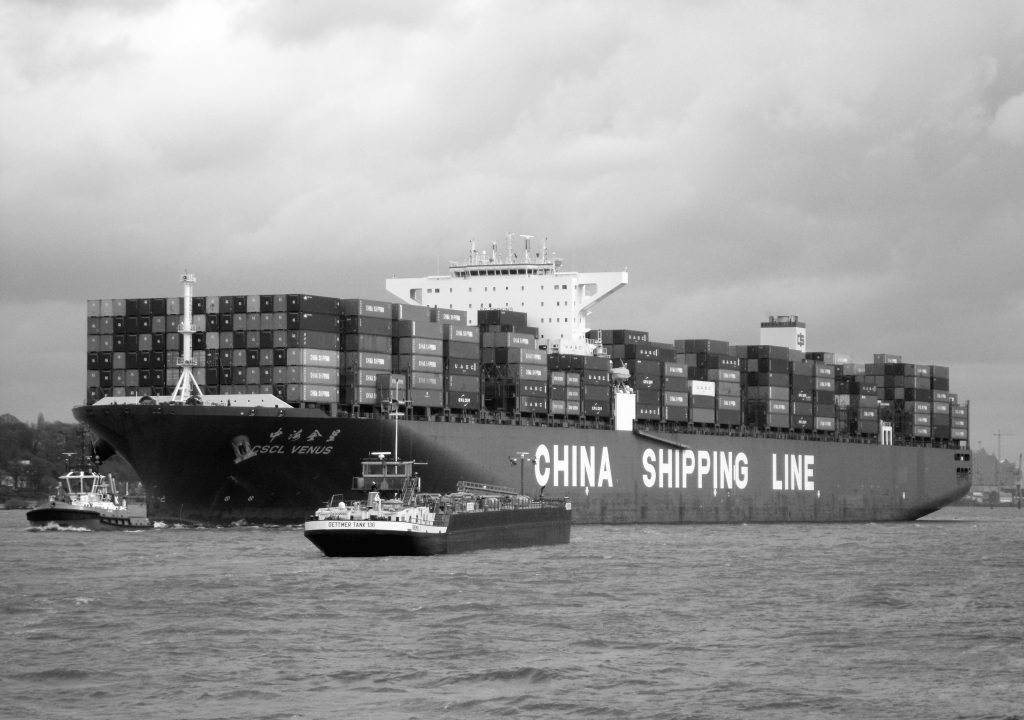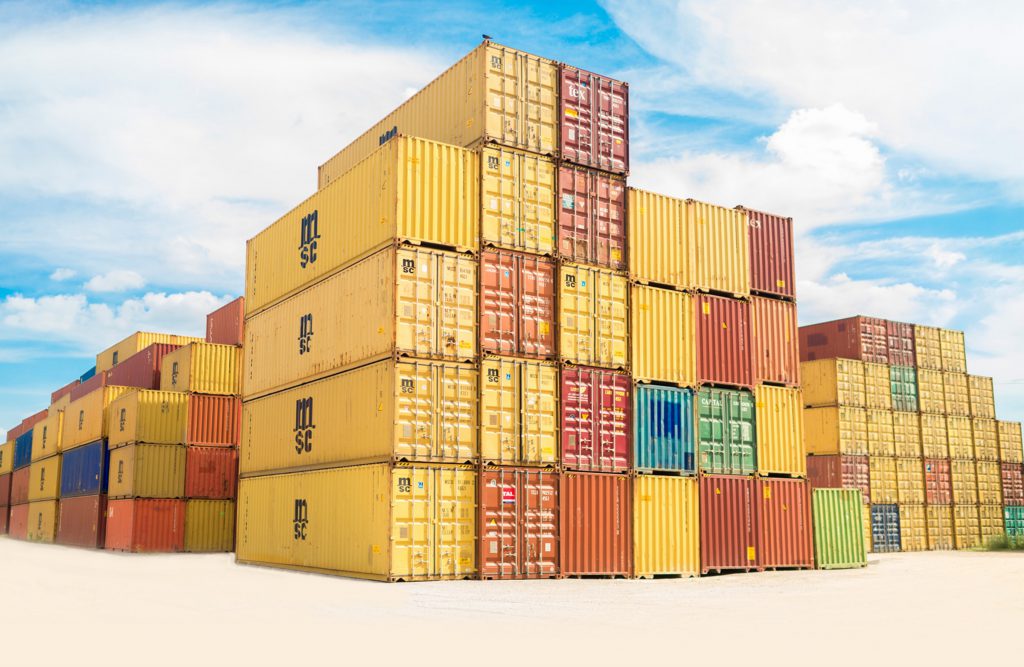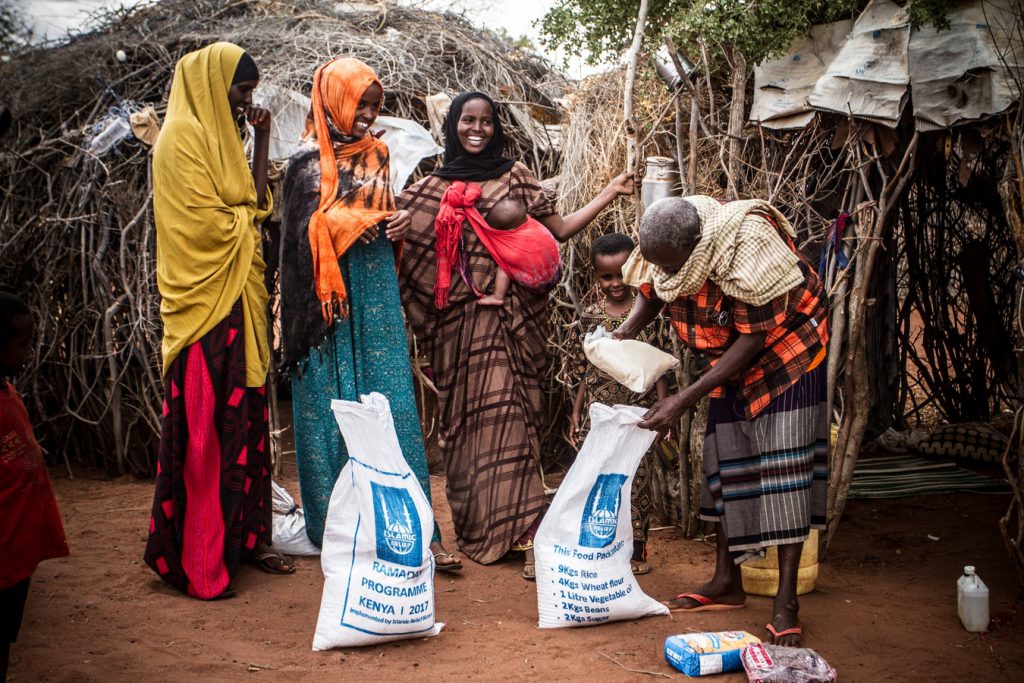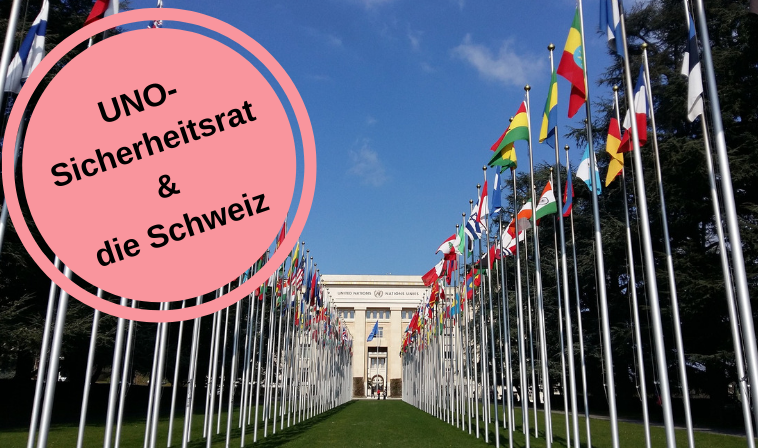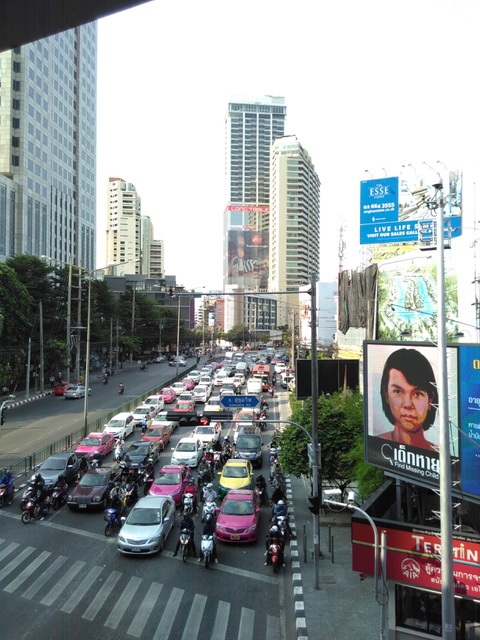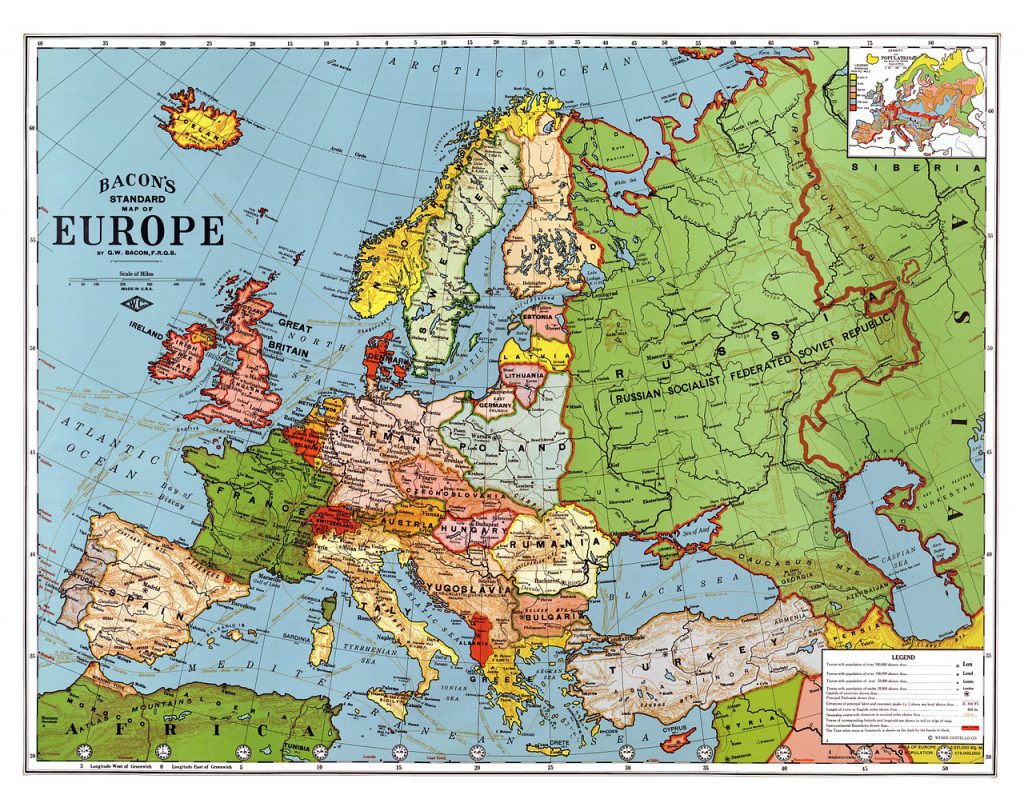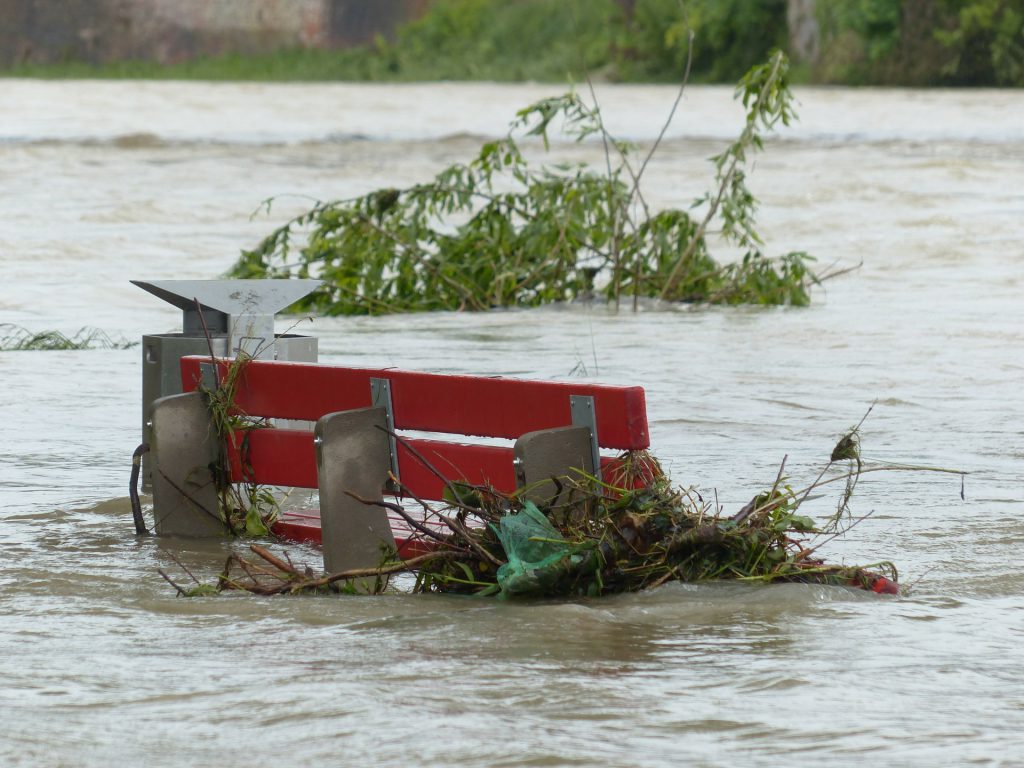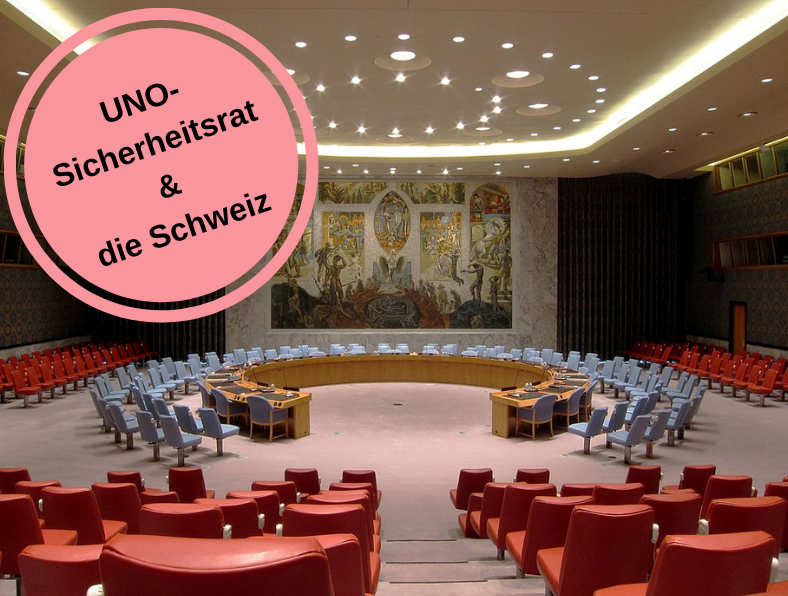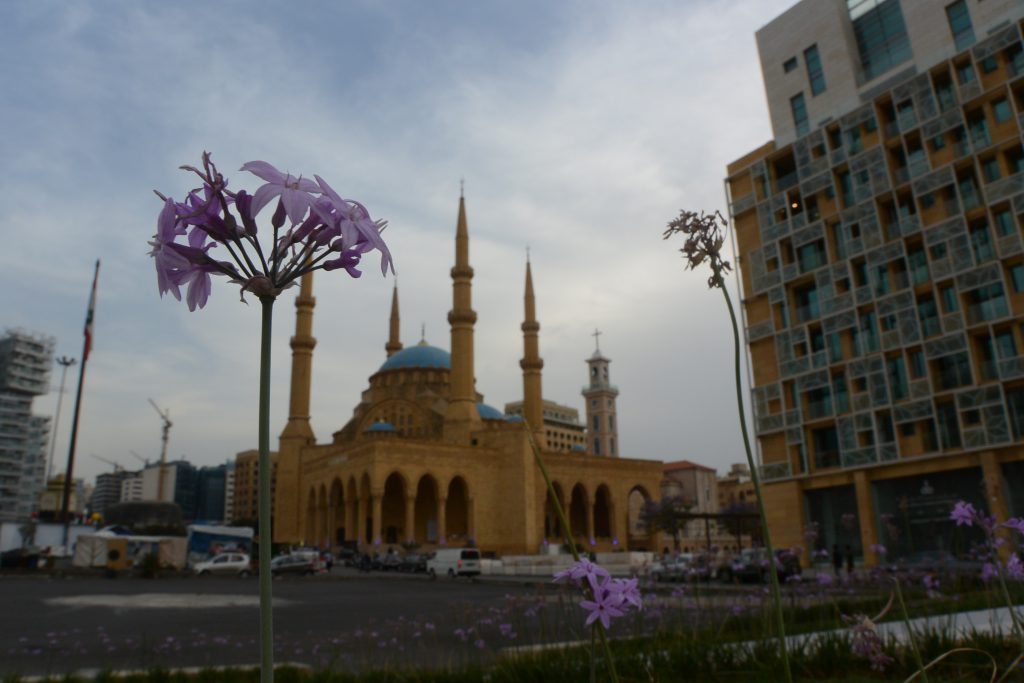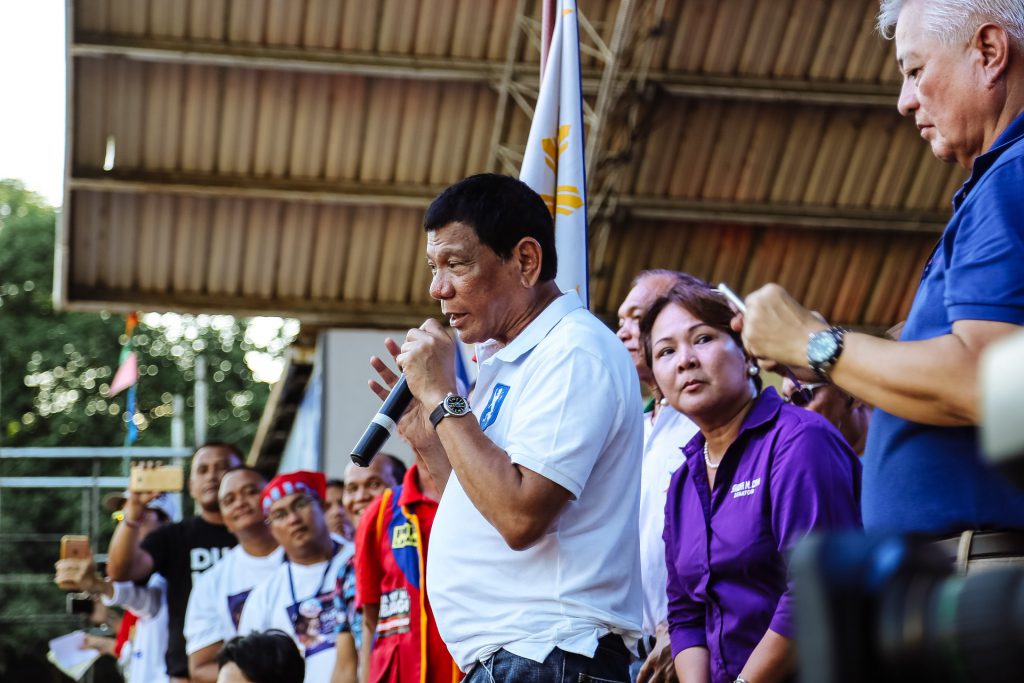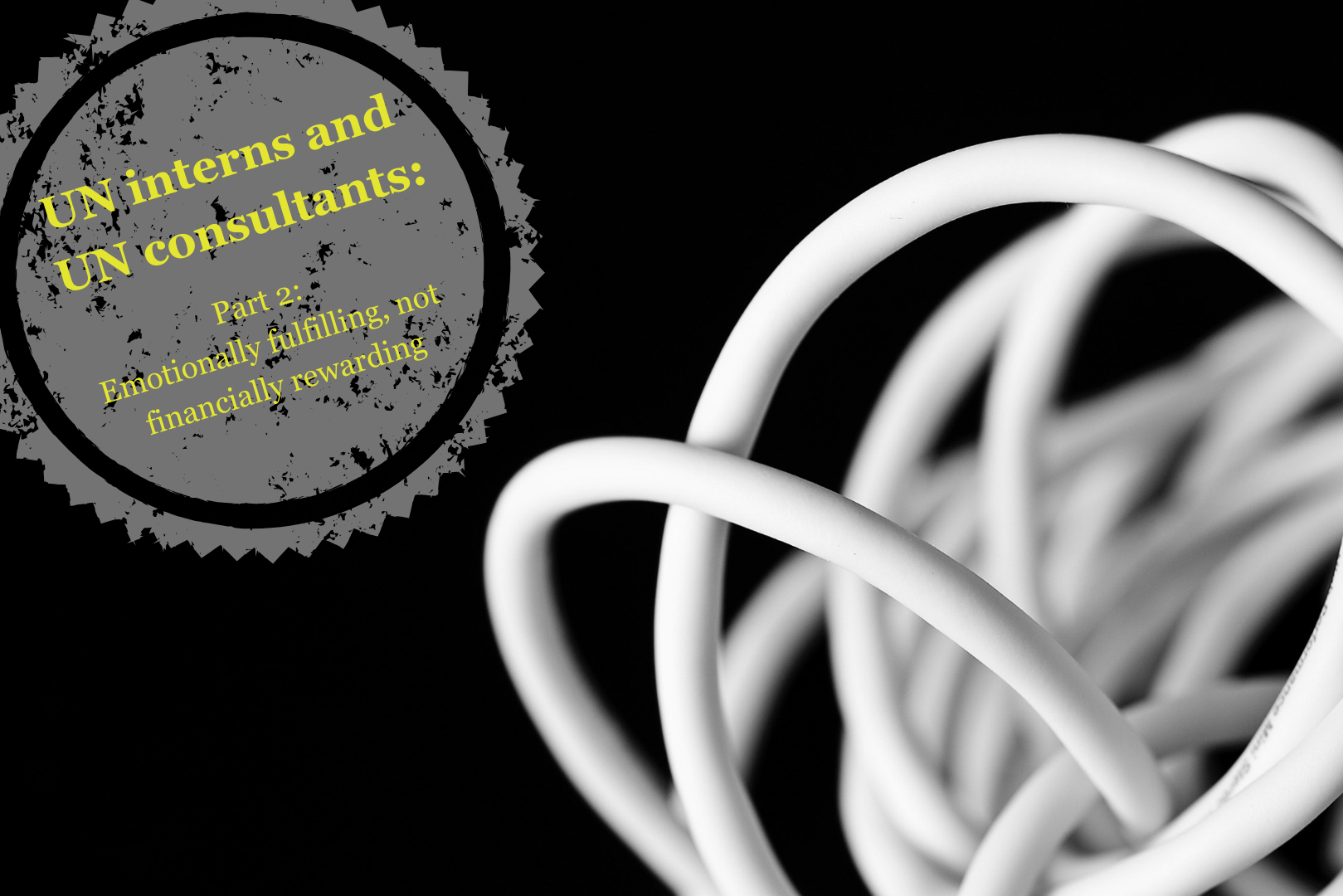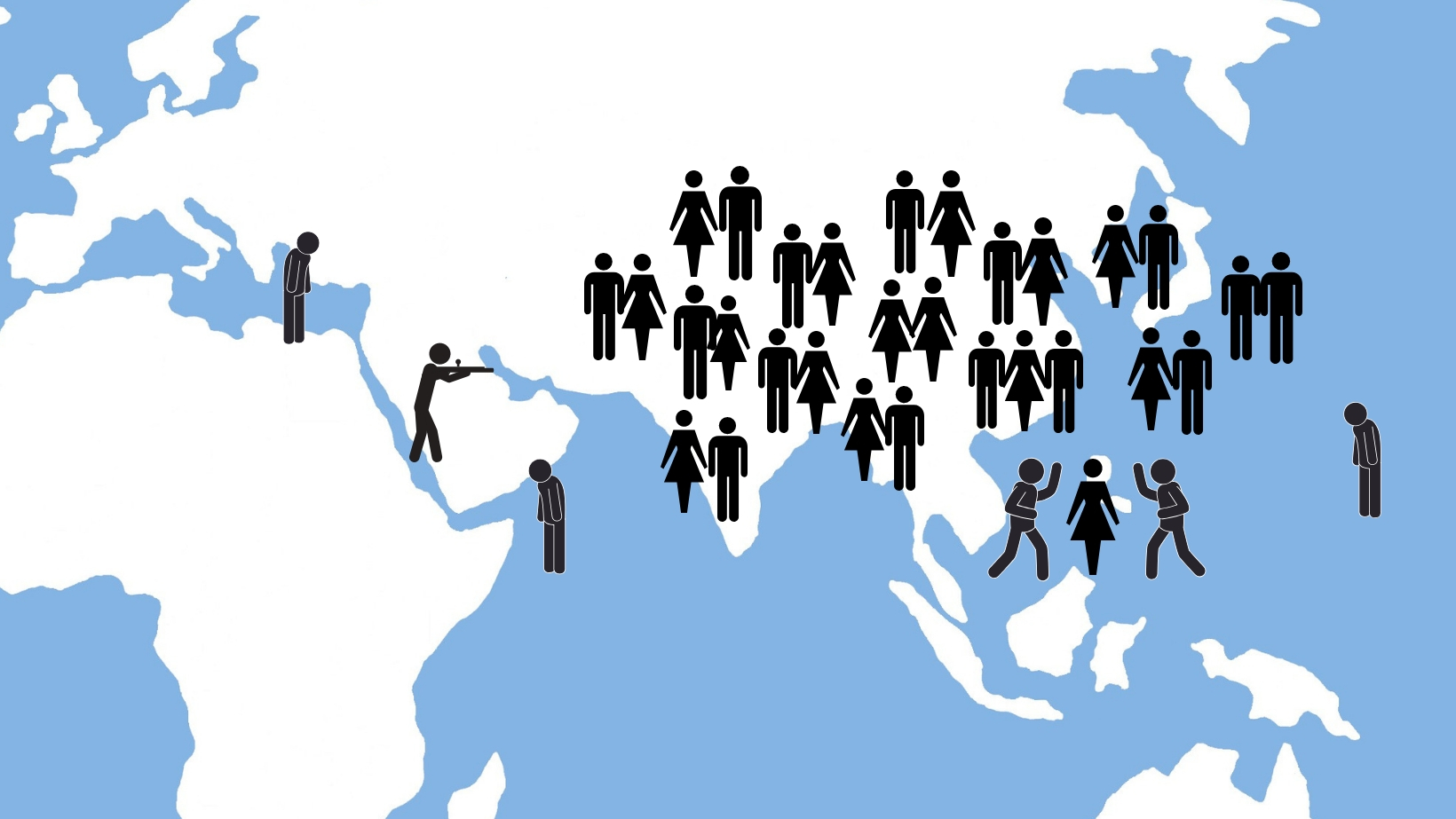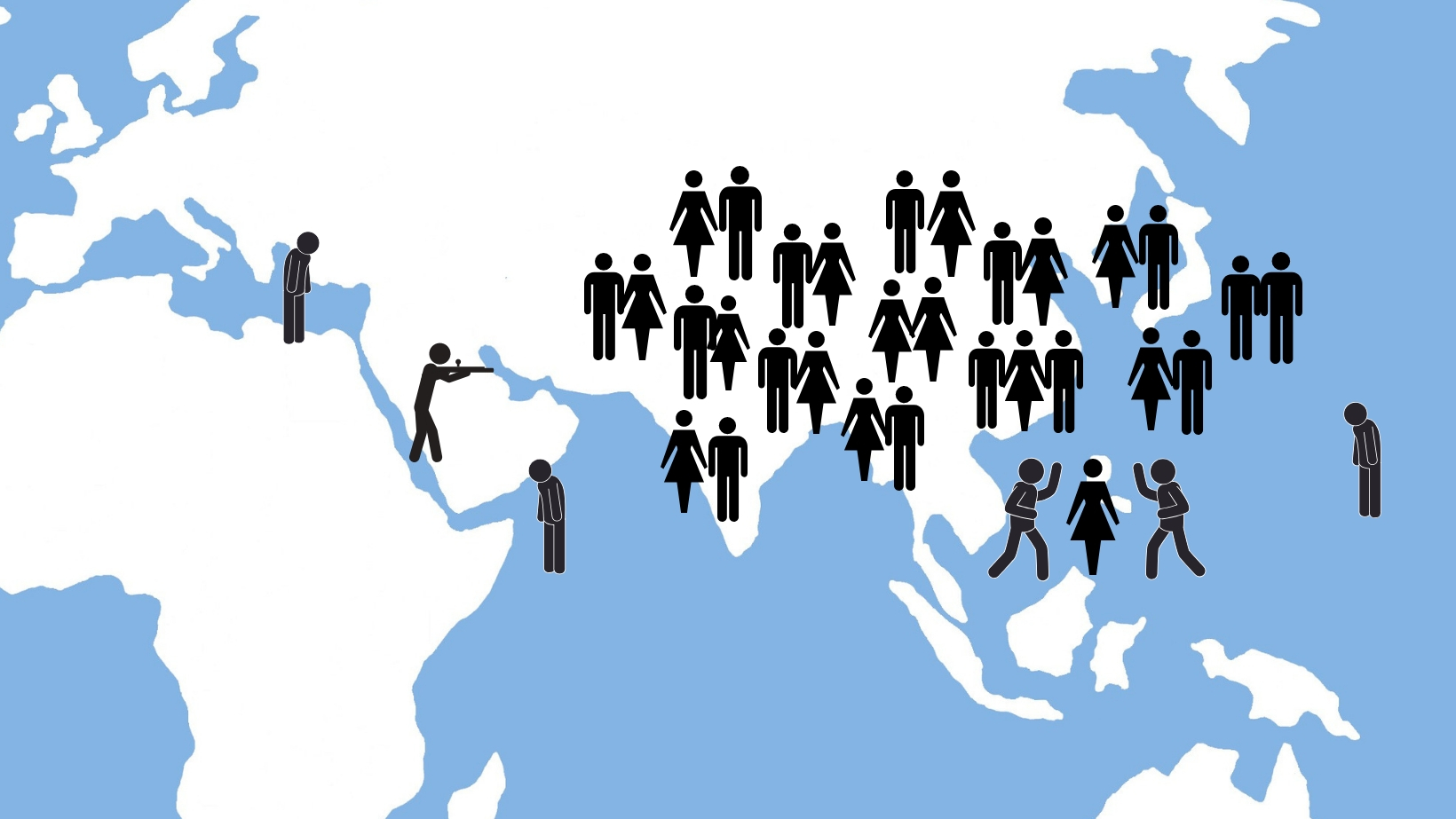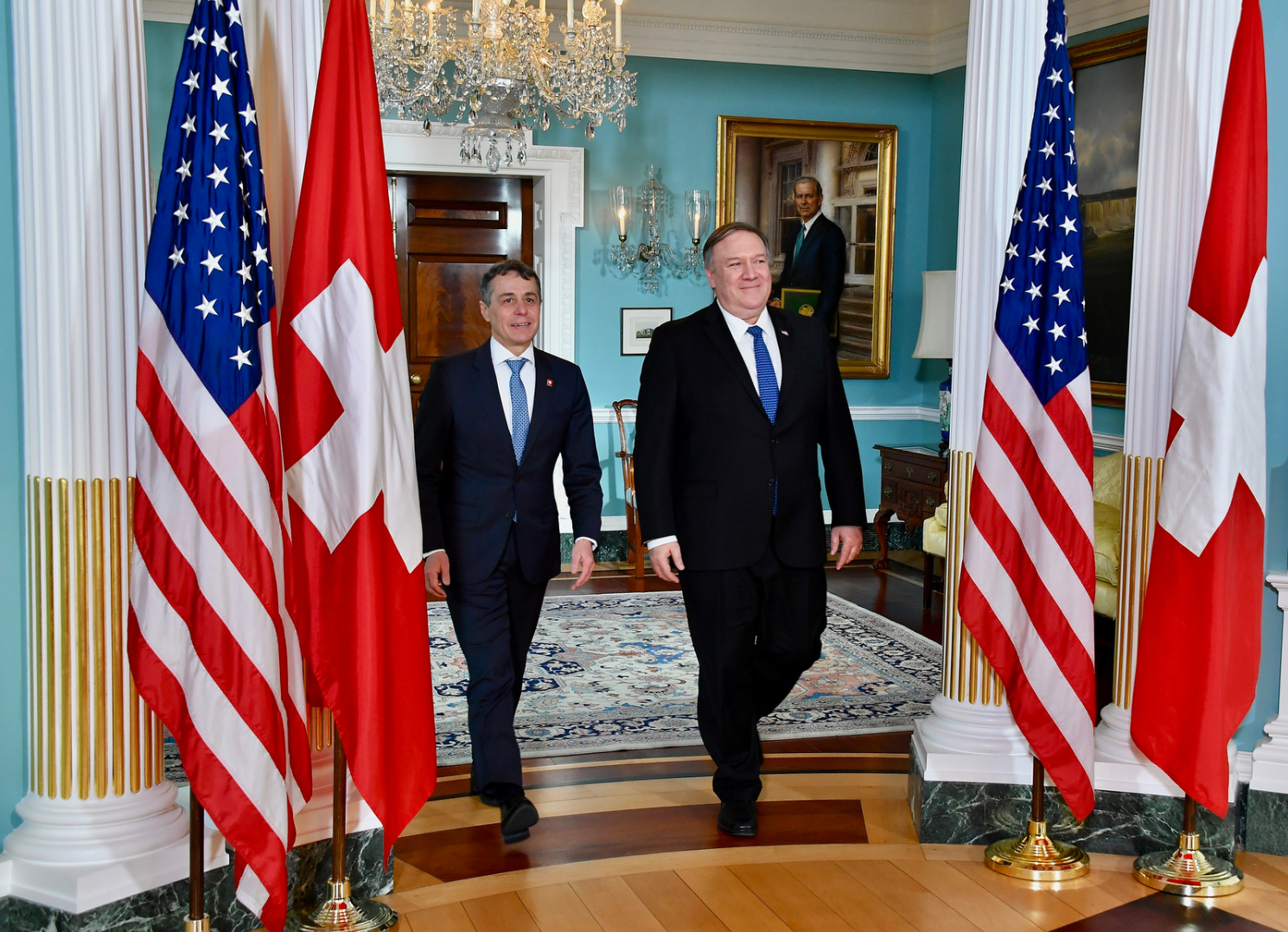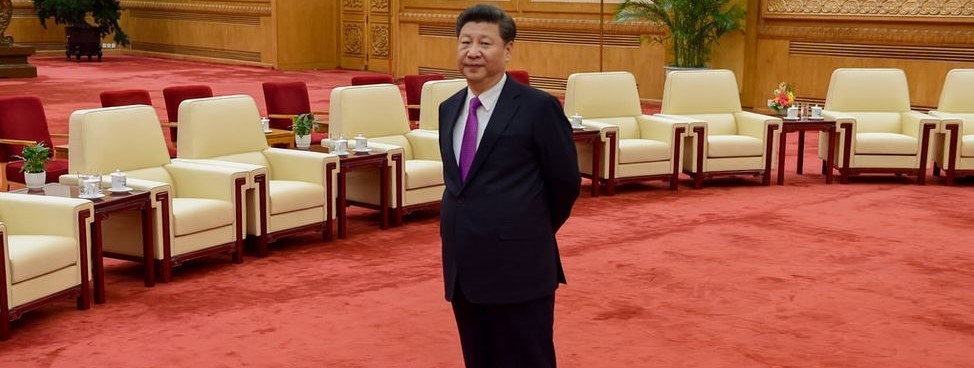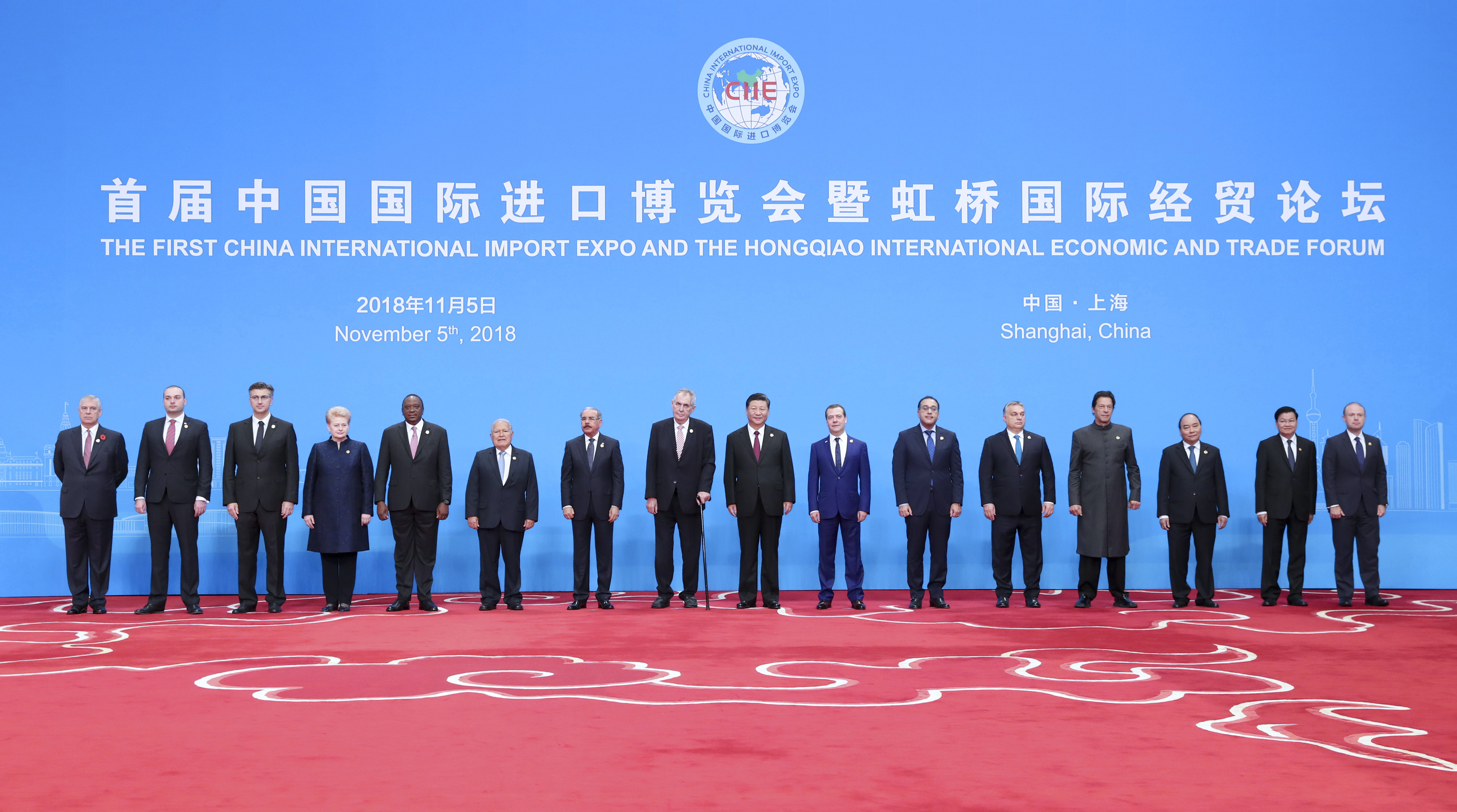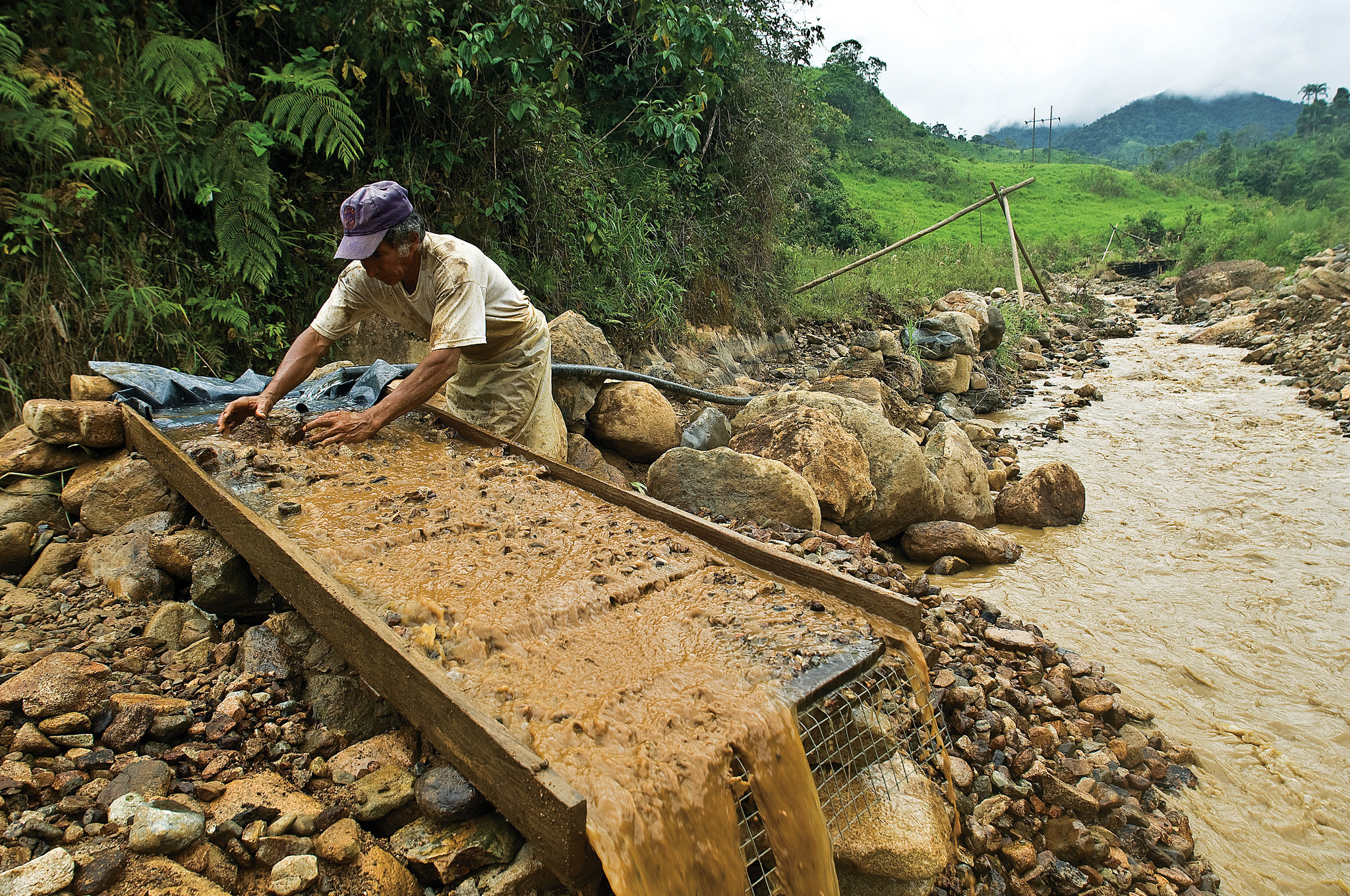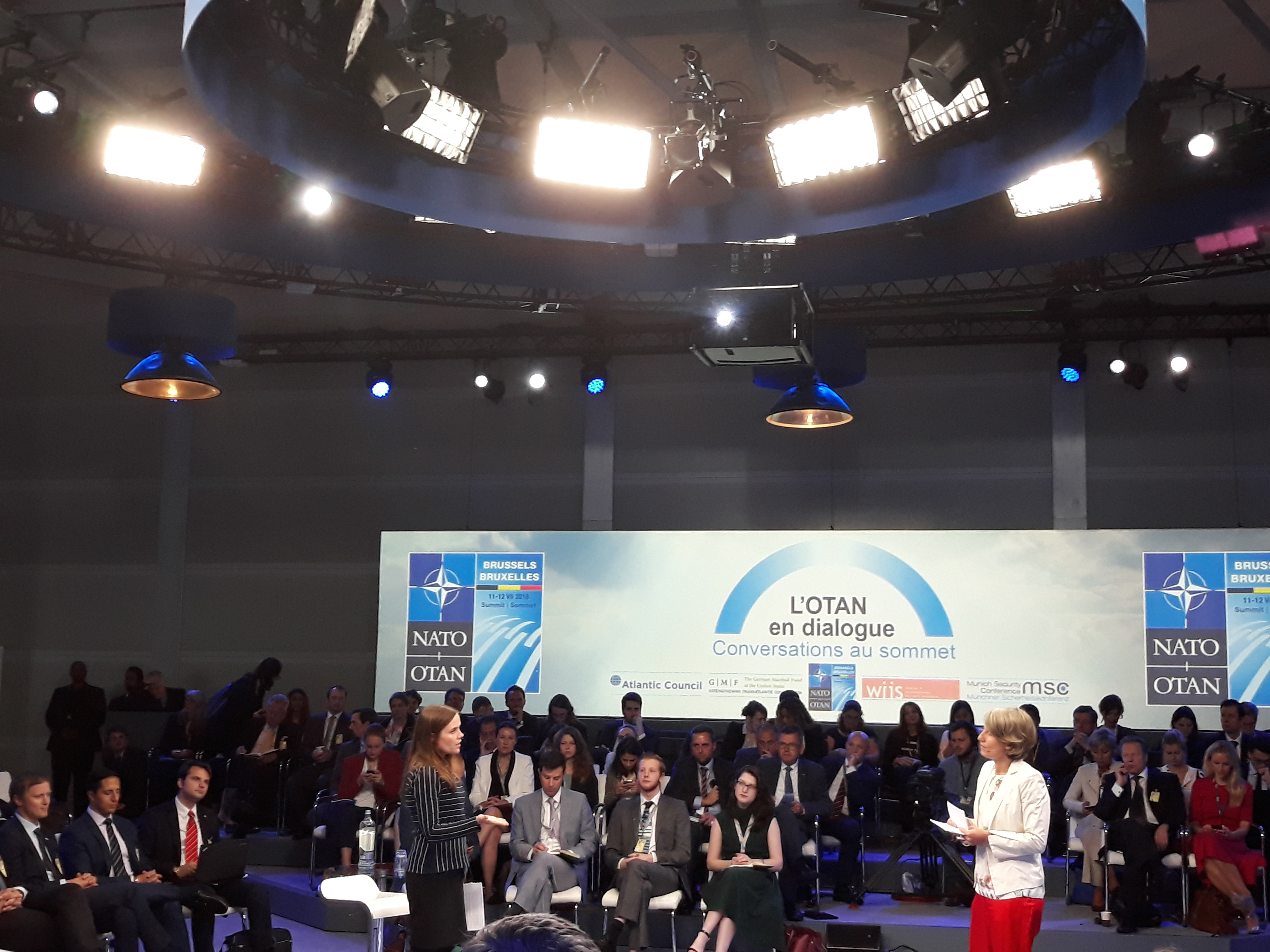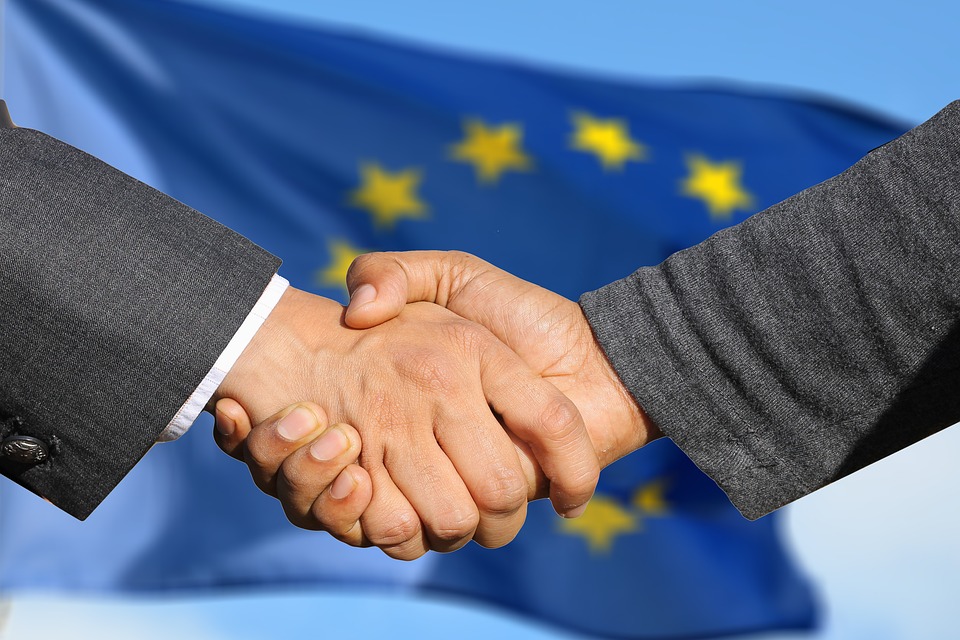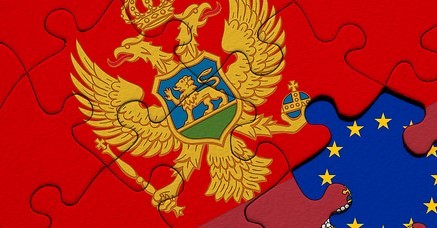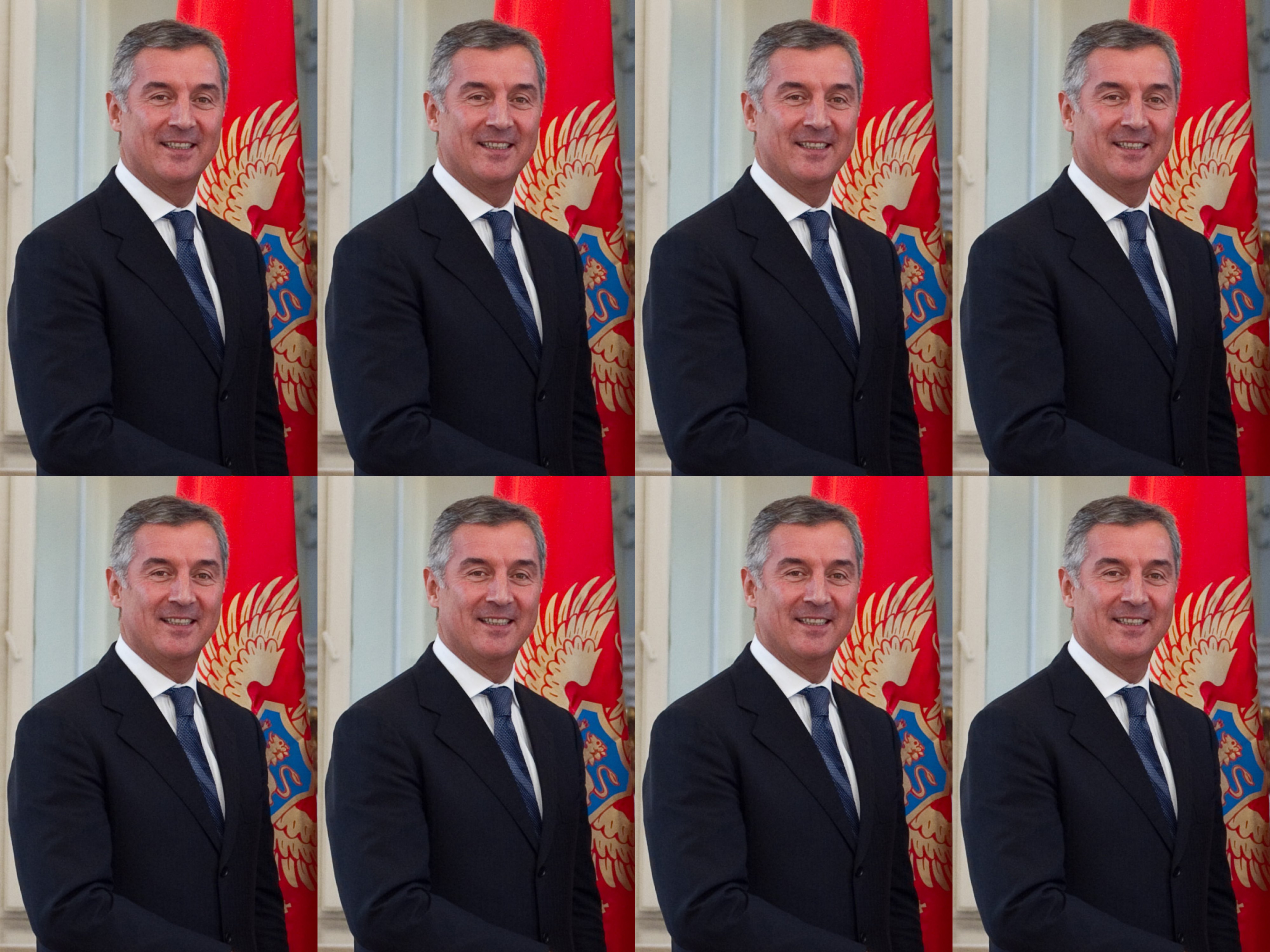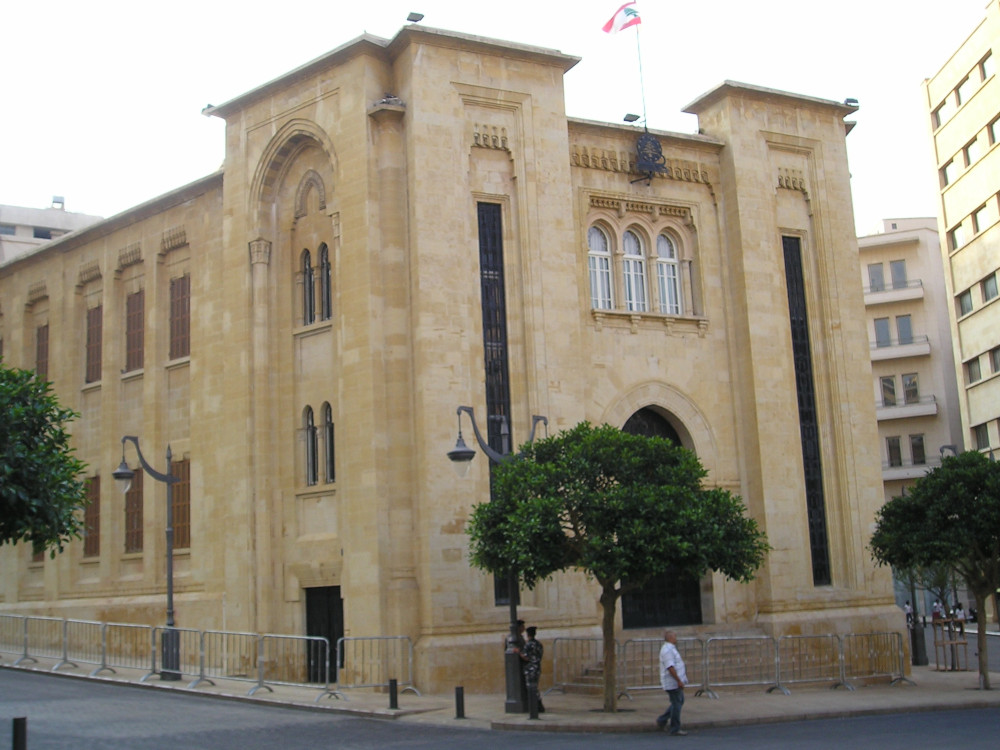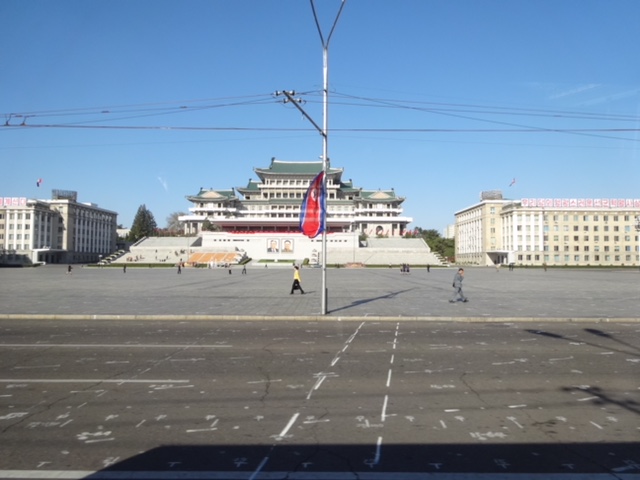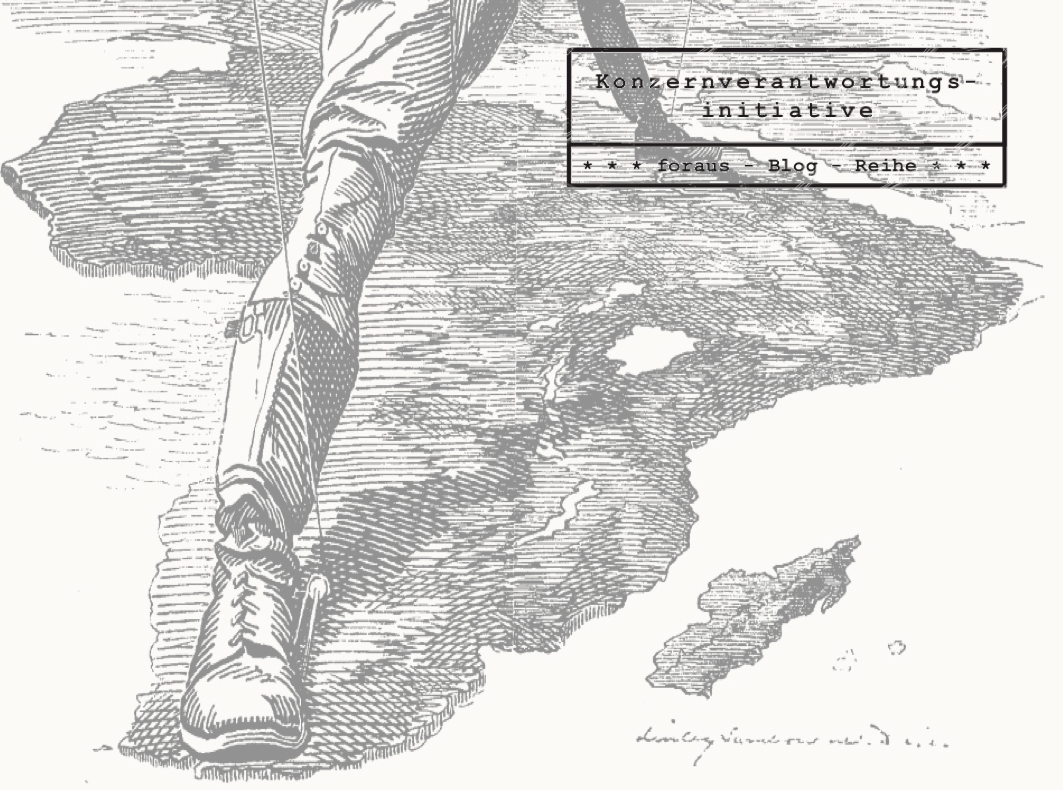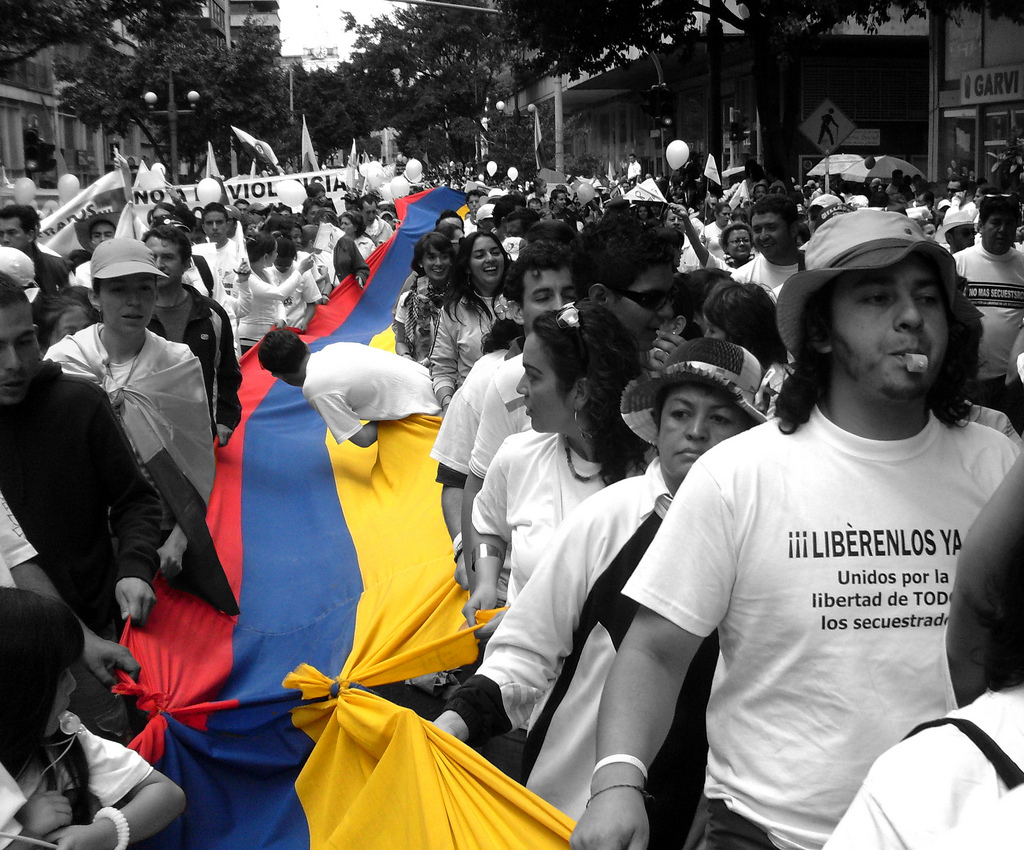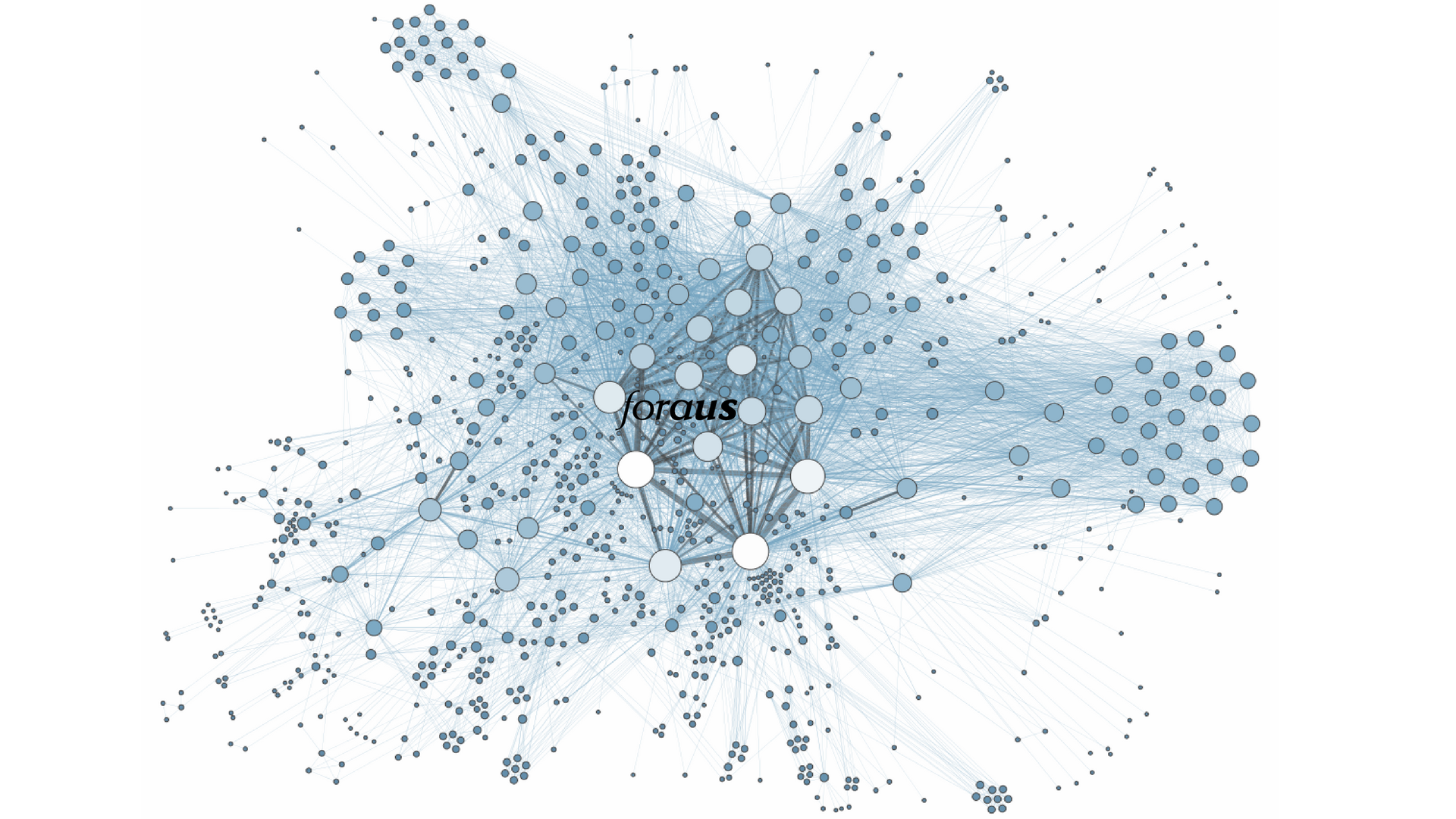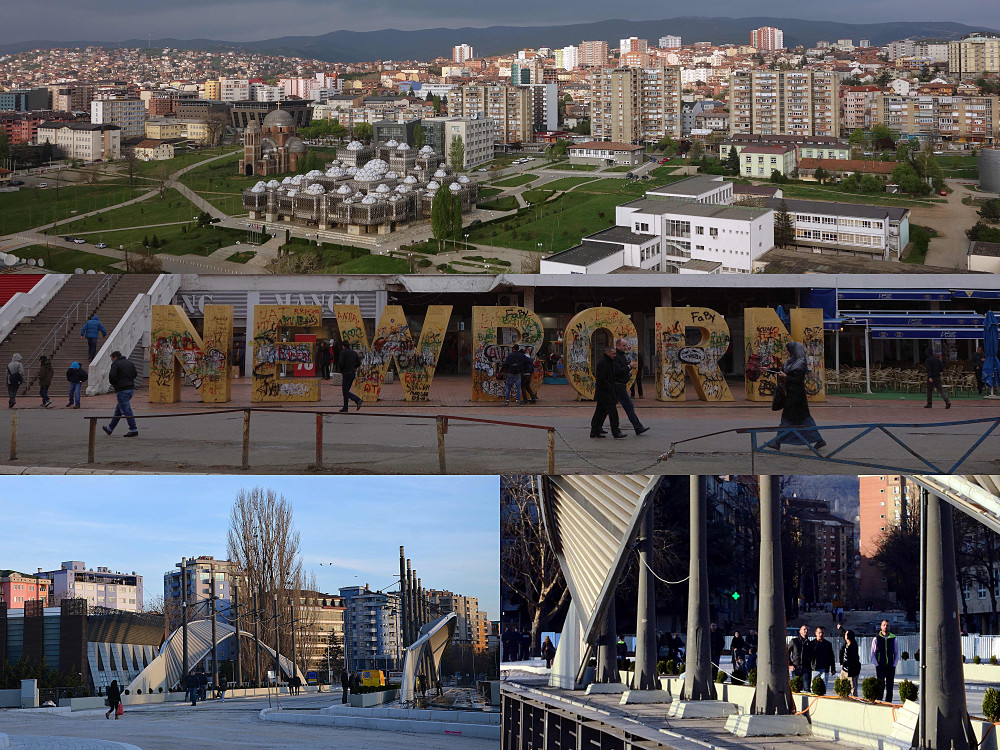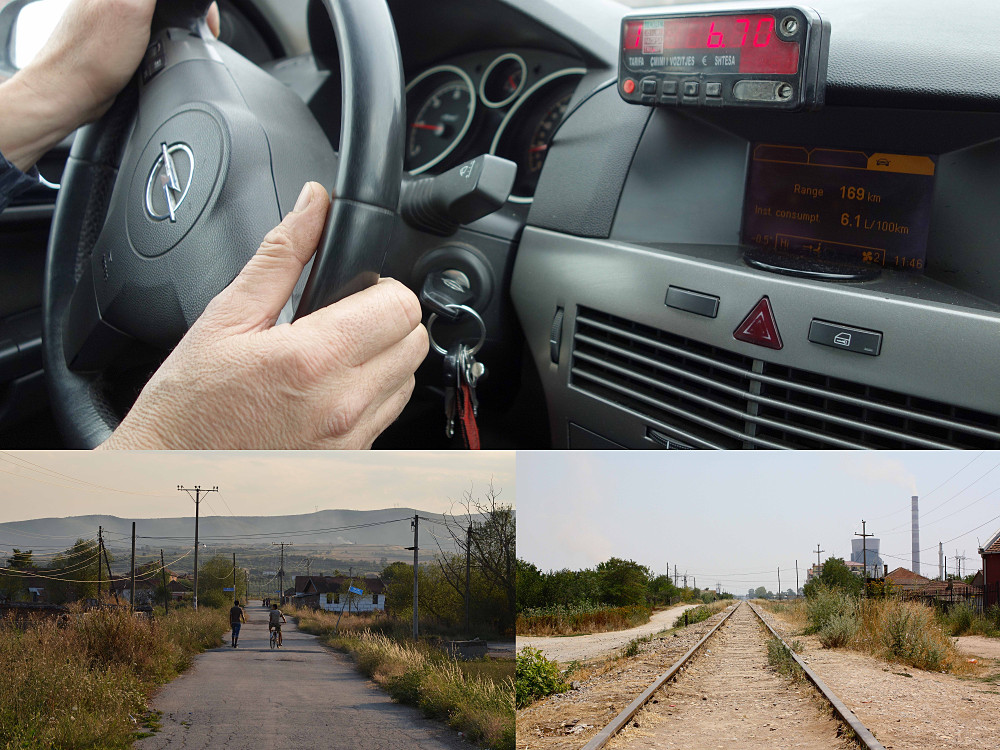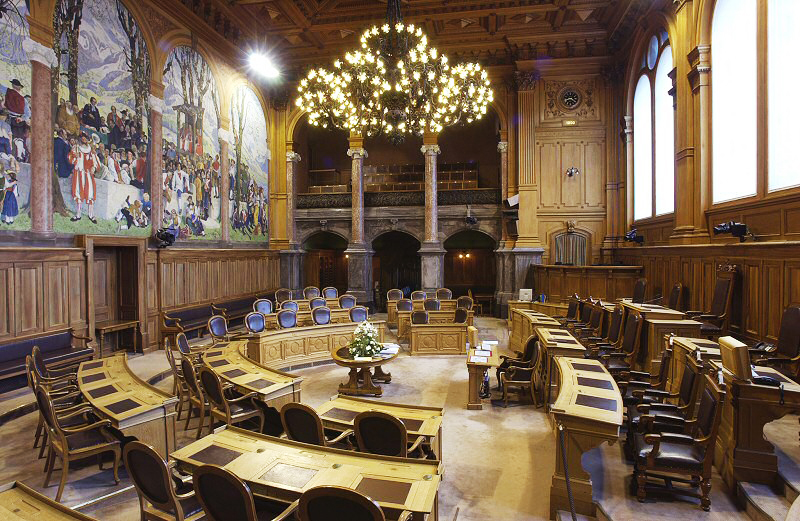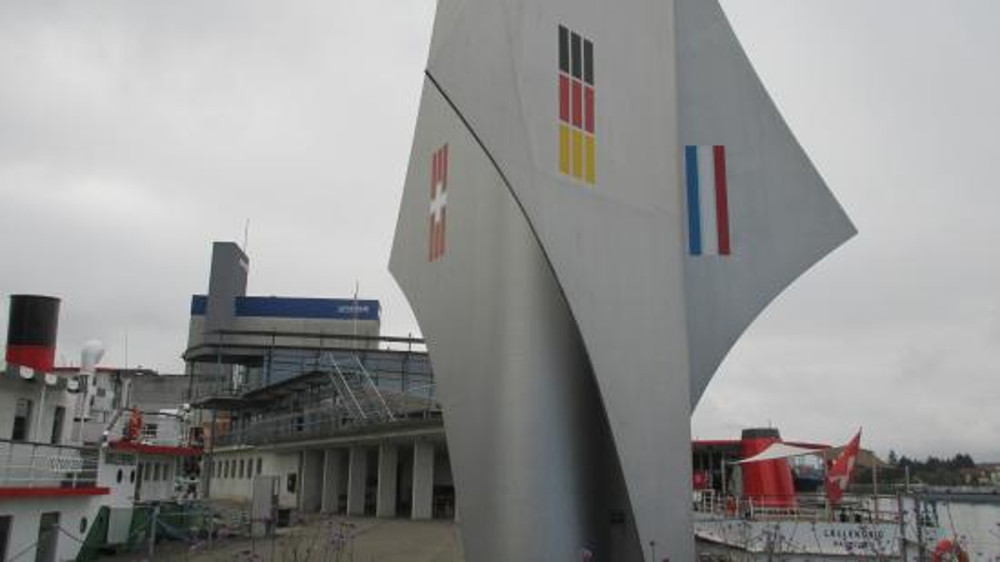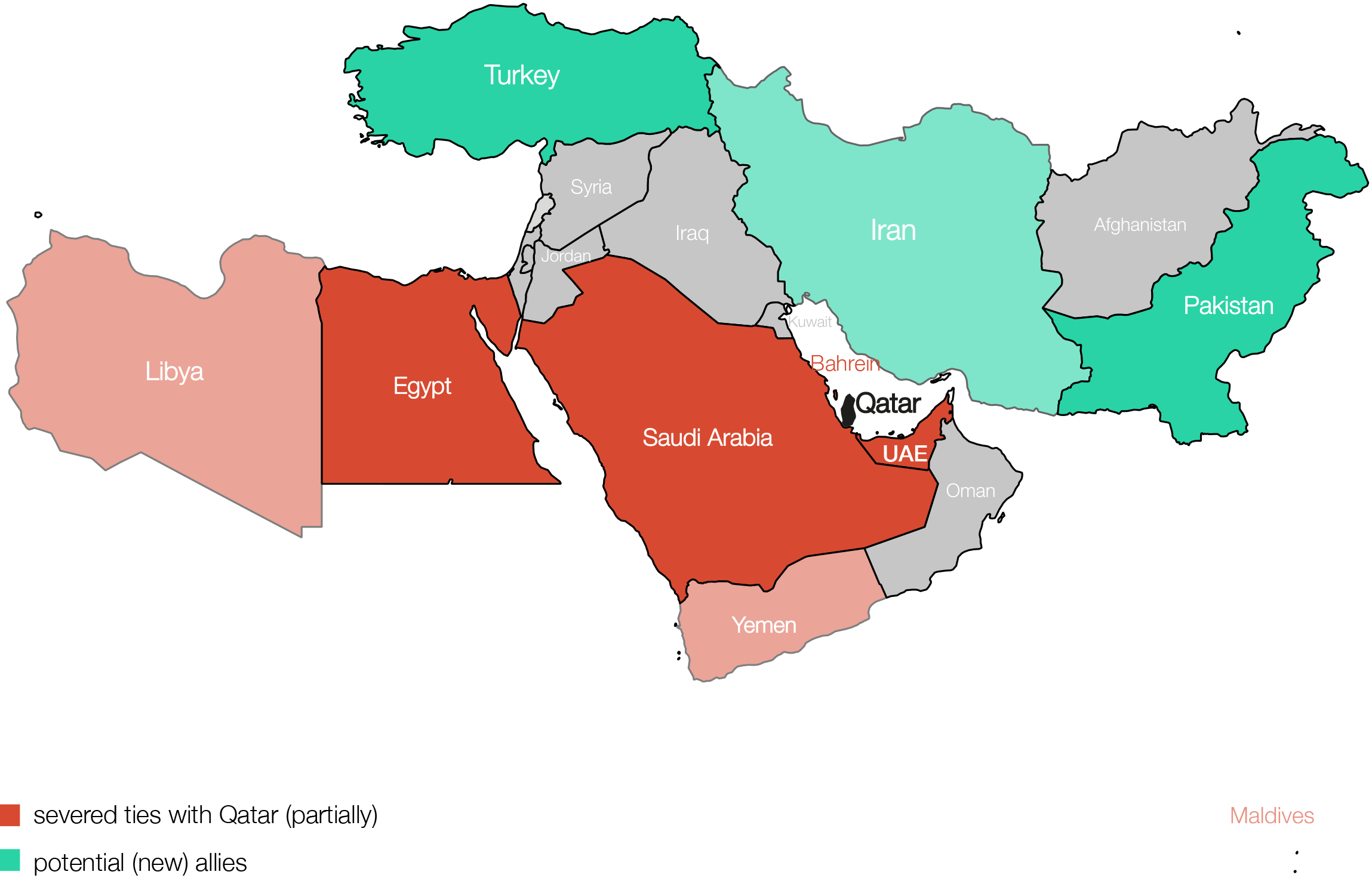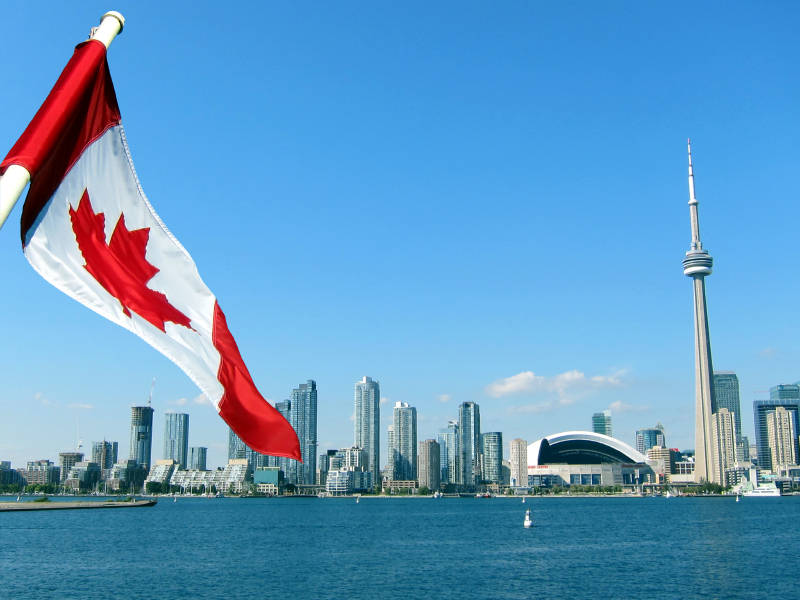Abonniere unsere Newsletter
Ob eine Übersicht über alle foraus-Aktivitäten oder die relevantesten und spannendsten Zeitungsartikel zu aussenpolitischen Themen zusammengefasst – mit unseren Newsletter bleibst du informiert!
Blog – eine Plattform für kontroverse Diskussionsbeiträge
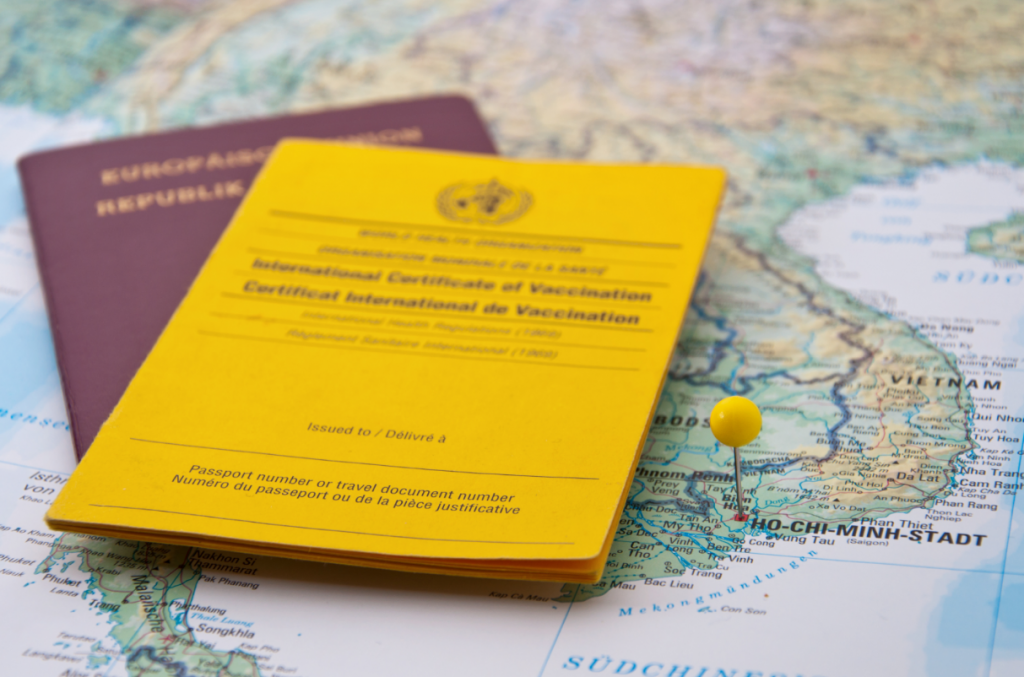
Tackling the Covid-certificate conundrum: a call for international coordination and public inclusion

« Il est important de montrer aux jeunes comme aux âgées que l’ONU est plus que seulement un forum pour résoudre des conflits », entretien avec Aline Stössel, stagiaire à l’ONU.

The potentials of a breakthrough year for Italy: instituting the independent Human Rights Commission

How will the transformation in the way we work accelerate or mitigate the trend of individualisation in our society?

Guter Zug, schlechte Karten: Wieso für die Schweiz trotz Punktsieg im EU-Börsenstreit die Stunde der Wahrheit schlägt

Grande Renaissance — un projet phare de l’Éthiopie au centre de conflits régionaux autour de la répartition des eaux du Nil
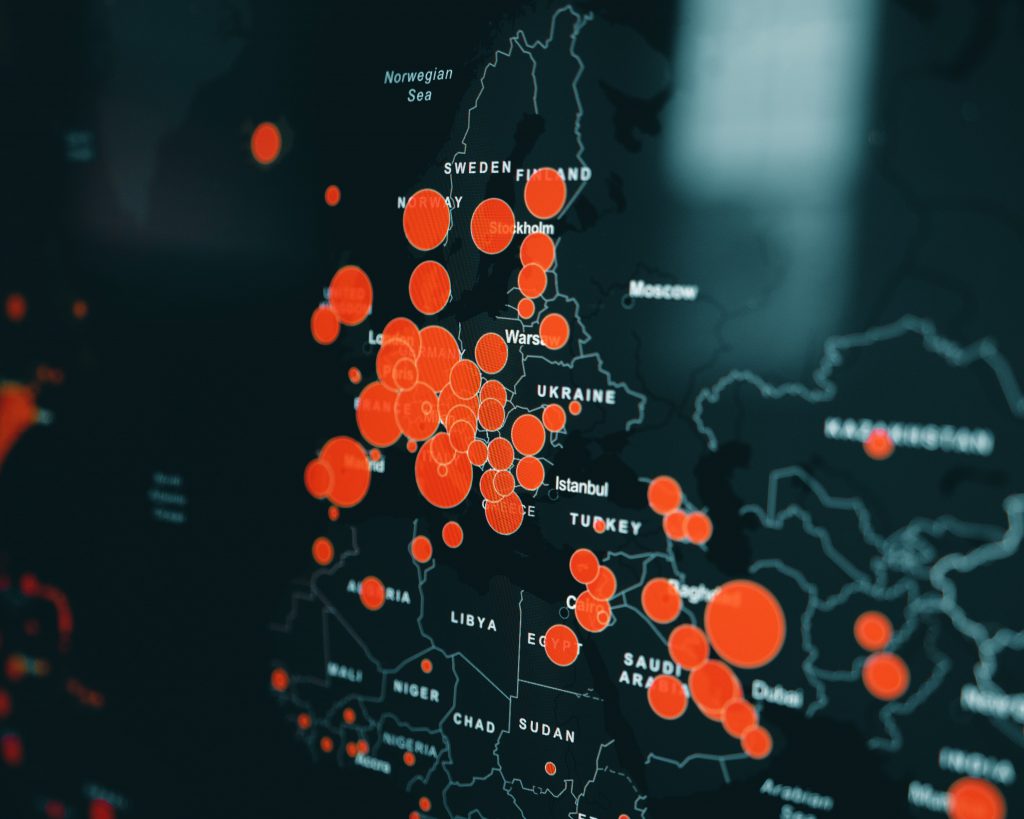
Digital health and Covid-19: Key lessons for a broader conversation about global health data governance
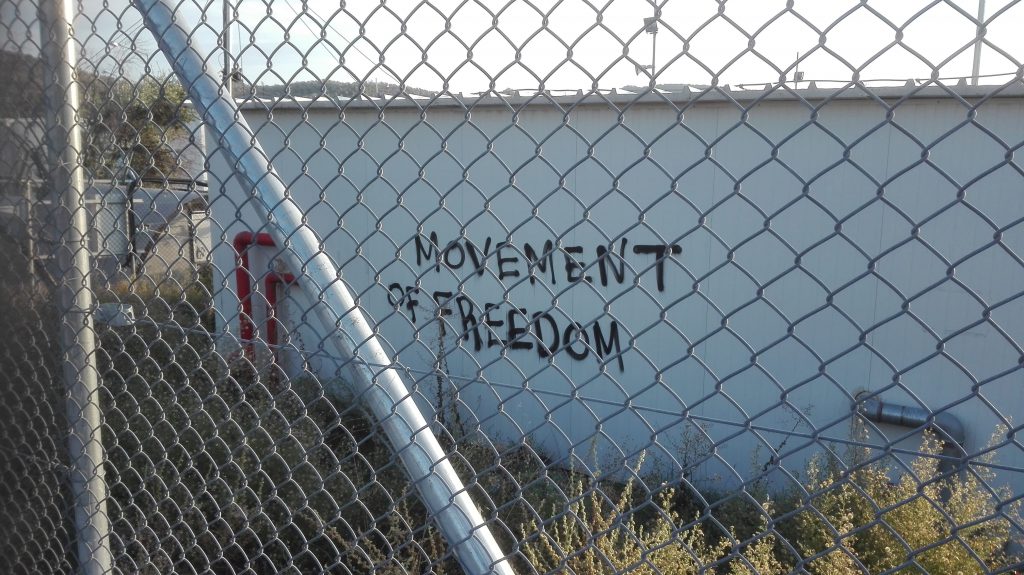
Eine Krise der Werte und Menschlichkeit – Situation für Geflüchtete an der europäischen Aussengrenze

Die Verantwortung des Heimatstaates gegenüber Kindern von ausländischen IS-Kämpfern: Konsularischer Schutz als Ausweg aus den Internierungslagern?

Die Verantwortung des Heimatstaates gegenüber Kindern von ausländischen IS-Kämpfern: Das Kindeswohl als Handlungsmaxime

Kim Jong-un: assessing the regional political implications of the Supreme Leader’s apparent health complications.
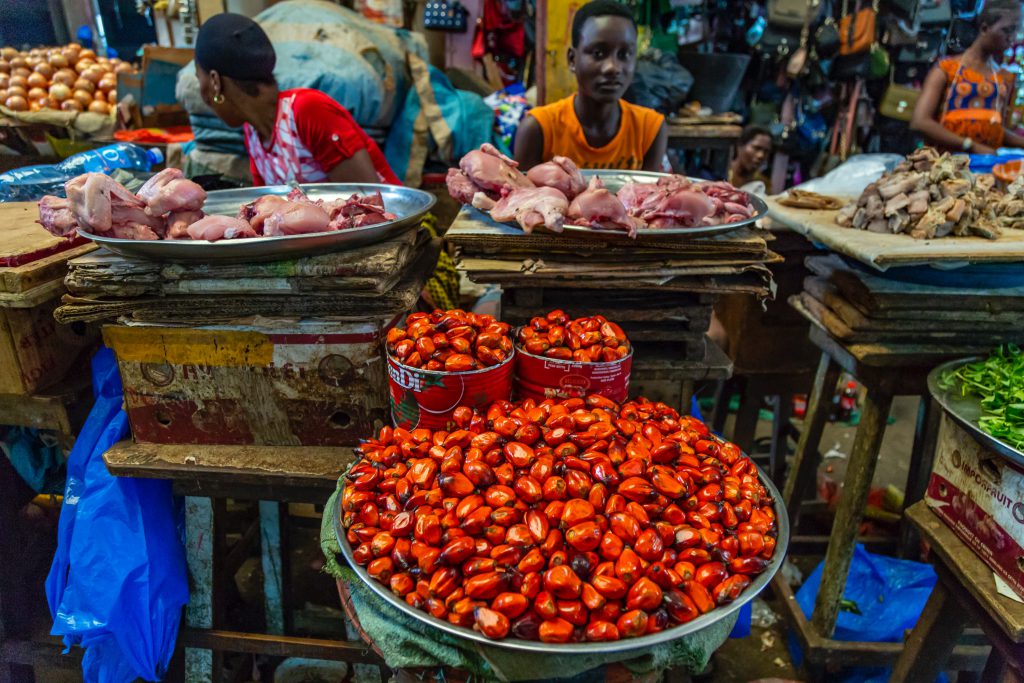
Die Agenda 2030 als Pandemieprävention – oder: Warum die Kürzung von Entwicklungsgeldern auch aus Eigeninteresse eine schlechte Idee ist

Sanctionner malgré soi : le malaise de l’Europe face à l’extraterritorialité des sanctions américaines
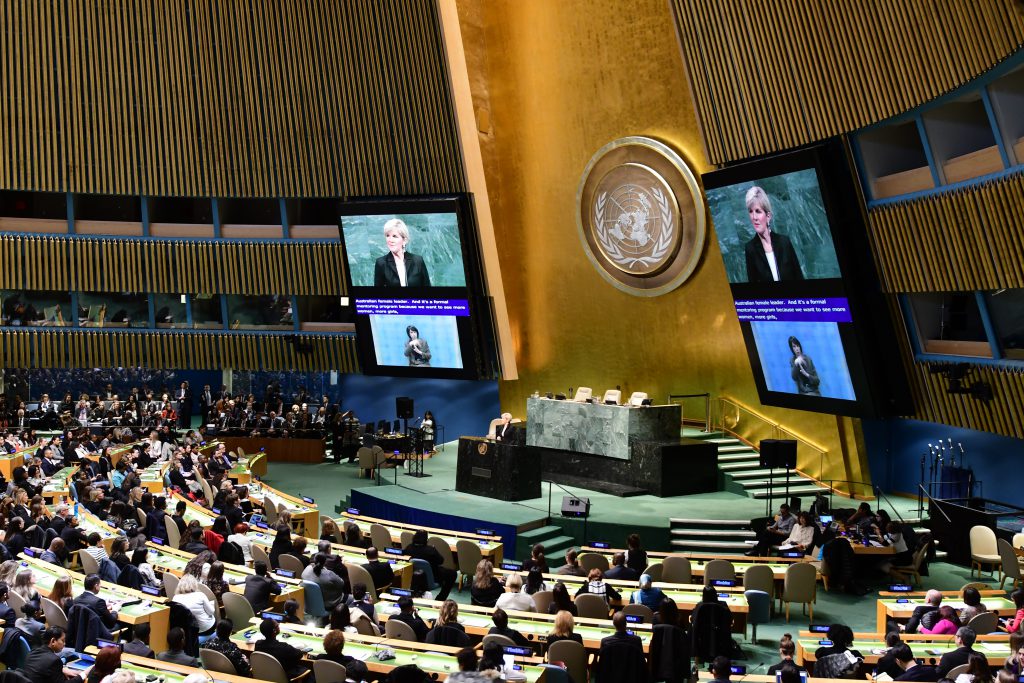
Braucht die Schweiz eine feministischere Aussenpolitik? Eine aussenpolitische Perspektive auf den nationalen Frauenstreik
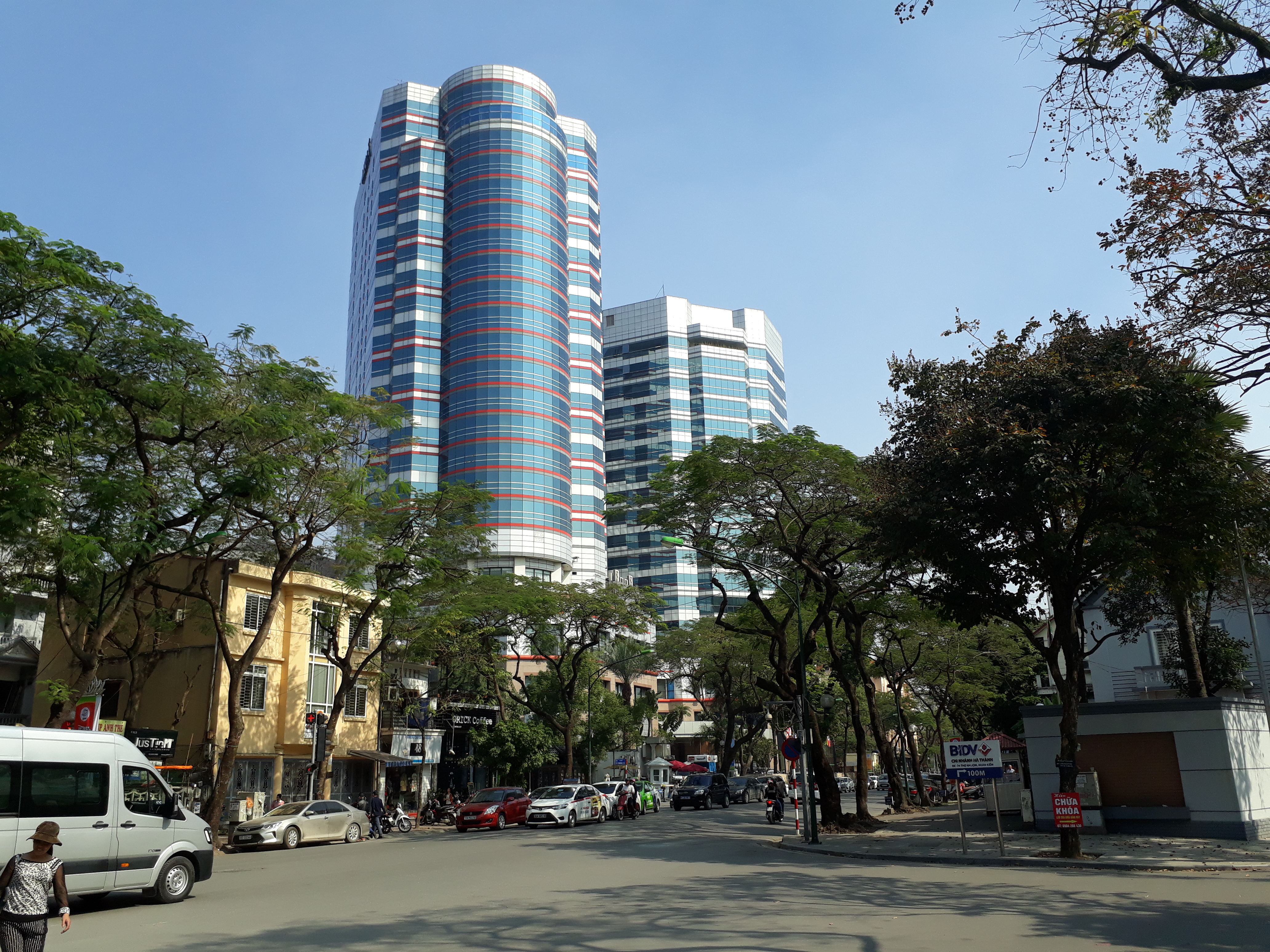
Interview avec l’Ambassadeur Raphael Nägeli : Quelle politique extérieure pour la Suisse dans la région Asie-Pacifique

Pour la création d’un Comité de promotion du dialogue des cultures en Méditerranée : l’exemple de l’éducation et de l’enseignement

Mesures d’accompagnement et travail détaché : quelles différences entre les systèmes suisse et européen ?
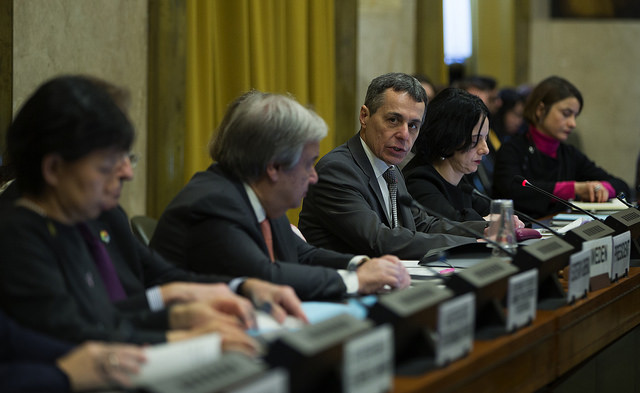
Pour la conclusion d’un rapport conjoint sur les progrès de la négociation institutionnelle entre la Suisse et l’UE

Act of Parliament: in the final stages of Brexit, the terms ‘the people’ and ‘democracy’ require deconstruction

Herculean task for Europe: Iranian President Rouhani visits Switzerland amidst uncertainty over the nuclear deal

Rechtskonservativismus siegt, der Friedensprozess wird geschwächt – teilweise. Kolumbien hat gewählt.

Konzernverantwortungsinitiative – A Contribution to Fulfill Switzerland’s Extraterritorial Human Rights Obligations?

Erneuerung tut Not: Ein Kommentar zum Sondierungspapier der CDU, CSU und SPD zur Wiederauflage einer grossen Koalition in Deutschland

Restoring Paradise: Handlungsmöglichkeiten für die Schweiz zur Verbesserung ihrer Reputation und Rechenschaft

Das Ende der stillen Diplomatie: Deutschland setzt mit Neuausrichtung der Türkei-Politik ein Zeichen

Der Bundesrat schmeisst das RASA-Handtuch: Jetzt müssen die Parteien vier Jahre Stillstand aufwischen.

Die Karthum-Problematik der Schweiz – wie sich Bern für einen besseren Migrationsprozess einsetzen kann

« My kingdom for a horse ! » : le Royaume-Uni va-t-il échanger son appartenance à l’UE contre celle à l’AELE ?

175 Länder unterzeichneten letzten Freitag das Pariser Abkommen – diese Ambition braucht es nun auch in der Umsetzung

De l’art de traiter avec des pays eurosceptiques : le « Brexit » et ses conséquences pour la voie bilatérale

Elections fédérales 2015 : nos partis doivent répondre de leur politique européenne et migratoire devant les citoyens!

Mazedonisches Mischeln: Der neueste EU-Vermittlungserfolg darf nicht über grosse Herausforderungen hinwegtäuschen.

Kandidatur der Schweiz für den UNO-Sicherheitsrat: Vollmitgliedschaft der Schweiz oder Aussenstehende Beobachterin?

Turbulenzen am Himmel: Wie ein beleidigter Saucisson am Euroairport das Schweizer Verhandlungsgeschick herausfordert

Hedgefonds vor Land: Warum Argentinien nicht zum Präzedenzfall für zukünftige Schuldenkrisen werden darf

Dei frontalieri, ovvero del come considerare un unico aspetto populista il fulcro delle relazioni Italia-Svizzera (e contribuire a rovinarle)

Die Augenbinde abnehmen: Technische Eingriffe ins natürliche System könnten den Klimawandel schlimmer machen – oder mindern!
Ist die Schweiz EU-kompatibel? Auswirkungen einer Mitgliedschaft auf den Sonderfall Schweiz (Teil 2)
Ist die Schweiz EU-kompatibel? Auswirkungen einer Mitgliedschaft auf den Sonderfall Schweiz (Teil 1)
Entwicklungshilfe und Asylpolitik: Eine Verknüpfung ist weder effektiv noch im Interesse der Schweiz

Arbeitsverweigerung ist keine Lösung – Die Schweiz muss in der Frage der palästinensischen Staatlichkeit endlich Farbe bekennen

Mythen zur Personenfreizügigkeit Nr. I: Der vermeintliche Souveränitätsanker der Schweiz: Die Ventilklausel

Der EGMR erklärt Beschwerden für unzulässig: Strassburg will sich am Minarettverbot noch nicht die Finger verbrennen

Perlen vor die Säue: Die Beschränkung der Arbeitsmigration bedeutet eine Wertvernichtung von unvorstellbarem Ausmass

Weniger ist mehr: Warum die Schweiz ihre bilaterale Entwicklungszusammenarbeit auf ein einziges Partnerland ausrichten soll

Don Quijchote bekommt Applaus: Zur frappierenden Nutzlosigkeit der Zwangsmassnahmen im Migrationsrecht

Nach dem Frühling: Neue Realitäten in Nordafrika und die Konsequenzen für die internationale Entwicklungszusammenarbeit

Zu dünnes Eis? Die Anerkennung von Rebellen-Regierungen vor dem Ende des Konfliktes ist völkerrechtlich heikel

Wandel zur Realpolitik? Barack Obama verletzt sein Wahlkampfversprechen und schliesst Guantánamo nicht

Die Schweiz als Türöffner zur Europäischen Union? Wie Freihandelsverträge der EFTA mit Drittstaaten das Interesse an der EU steigernDie Schweiz als Türöffner zur Europäischen Union? Wie Freihandelsverträge der EFTA mit Drittstaaten das Interesse an der EU steigern

Revolutionäres im UN-Sicherheitsrat: Wie die internationale Gemeinschaft auf die Krise in Libyen reagiert

Veränderte Umstände oder Vergeltungsmassnahmen: Soll das Schweizerisch-Libysche Schiedsgericht auf Eis gelegt werden?

Die Claqueure des Falken: Die Schweizer Finanzelite empfängt den Präsidenten der Deutschen Bundesbank Axel Weber an der Universität Zürich.

Das Ende der kalten Frieden: Die Neuverteilung der Macht im Nahen Osten und die Chancen für eine Lösung des israelisch-arabischen Konflikts

„Hervorragende Beziehungen“: Die offizielle Schweiz hat Mühe mit der richtigen Distanz zu Husni Mubaraks Ägypten
Upcoming Events
The financial sector is increasingly recognized as a key player in addressing global sustainability objectives, such as the UN 2030 Agenda and the Paris Agreement. Digital finance innovations, in particular, have shown their potential to facilitate the finance industry's much-needed transition to more sustainable business models. For instance, FinTech companies and FinTech-powered innovations have helped financial players reallocate capital or unlock new sources of finance to sustainable enterprises (i.e., via innovative sustainable finance instruments), screen investments (e.g. via improved access to sustainability data), and improve accountability in public and private finance.
In this virtual workshop series by the foraus Sustainable FinTech project in collaboration with Swissnex and agora, participants will look at international landscapes of sustainable digital finance and identify possible bridges with the Swiss ecosystem. Our goal is to promote cross-border exchanges in the field of sustainable digital finance.
The workshops will take place using the collaborative online platform Policy Kitchen and give experts, policy-makers and other interested parties the chance to explore the following questions:
- How could Sustainable FinTech Bridges help to scale up the quest for sustainability in the real economy globally?
- How could Sustainable FinTech Bridges help to address systemic challenges and risks associated with FinTechs & Sustainability?
- How could sustainable FinTechs hubs, such as Switzerland, contribute to the governance of the global ecosystem of sustainable digital finance?
The workshops will also include networking sessions, where participants will be able to connect and exchange with others. After the workshops, the participants’ ideas will be collected and worked into a publication in which all contributors will be credited and which will be shared with relevant stakeholders and policymakers.
Can't make it to this event? You can register for our other workshop on Sustainable FinTech Bridges on Tuesday, July 20 at 7pm CET/10am San Francisco time.
The financial sector is increasingly recognized as a key player in addressing global sustainability objectives, such as the UN 2030 Agenda and the Paris Agreement. Digital finance innovations, in particular, have shown their potential to facilitate the finance industry's much-needed transition to more sustainable business models. For instance, FinTech companies and FinTech-powered innovations have helped financial players reallocate capital or unlock new sources of finance to sustainable enterprises (i.e., via innovative sustainable finance instruments), screen investments (e.g. via improved access to sustainability data), and improve accountability in public and private finance.
In this virtual workshop series by the foraus Sustainable FinTech project in collaboration with Swissnex and agora, participants will look at international landscapes of sustainable digital finance and identify possible bridges with the Swiss ecosystem. Our goal is to promote cross-border exchanges in the field of sustainable digital finance.
The workshops will take place using the collaborative online platform Policy Kitchen and give experts, policy-makers and other interested parties the chance to explore the following questions:
- How could Sustainable FinTech Bridges help to scale up the quest for sustainability in the real economy globally?
- How could Sustainable FinTech Bridges help to address systemic challenges and risks associated with FinTechs & Sustainability?
- How could sustainable FinTechs hubs, such as Switzerland, contribute to the governance of the global ecosystem of sustainable digital finance?
The workshops will also include networking sessions, where participants will be able to connect and exchange with others. After the workshops, the participants’ ideas will be collected and worked into a publication in which all contributors will be credited and which will be shared with relevant stakeholders and policymakers.
Can't make it to this event? You can register for our other workshop on Sustainable FinTech Bridges on Thursday, July 15 at 11am CET/5pm Beijing time.
Mehr






